Summer reading might be synonymous with relaxing on a beach somewhere, but that doesn’t mean the most anticipated books of the season are limited to certain genres. Alongside the best of this summer’s page-turning thrillers and uplifting romances are books that push readers to consider some of life’s biggest questions: What makes a family? What makes a home? And what do we mean to the world around us? From the likes of celebrated storytellers Colson Whitehead, Elizabeth Gilbert and Téa Obreht to debut authors Kristen Arnett and Jia Tolentino, these new books are sure to keep you busy all season long. Here, 32 books to read this summer.
Mostly Dead Things, Kristen Arnett (June 4)
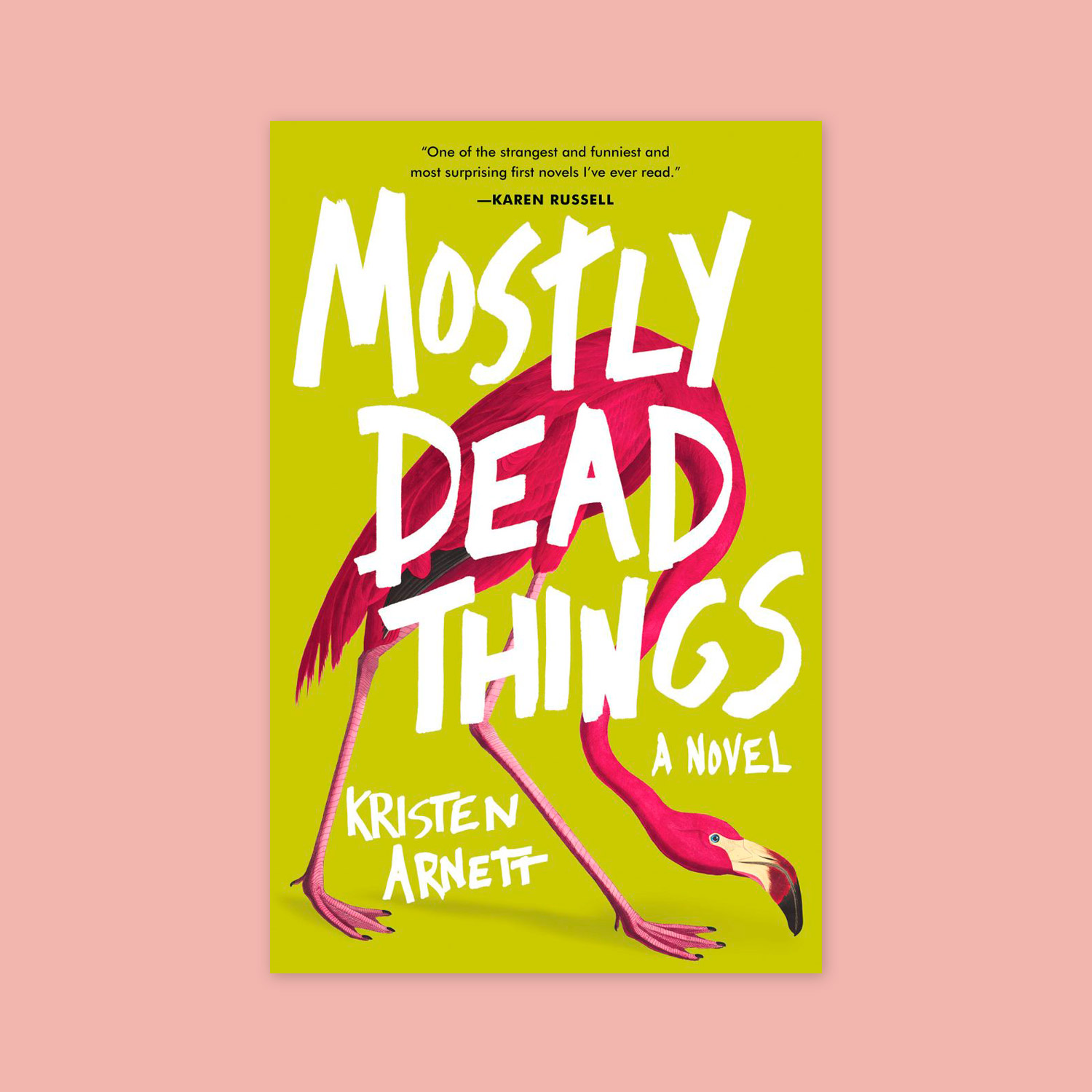
After Jessa-Lynn Morton’s father commits suicide, she is forced to pick up the pieces of both her fragile, fractured family and the taxidermy shop her father left behind. Kristen Arnett’s debut novel, set in a swampy Florida town, explores Jessa’s unusual journey to understanding grief, love and memory as she watches her mother and brother spiral out of control.
Patsy, Nicole Dennis-Benn (June 4)
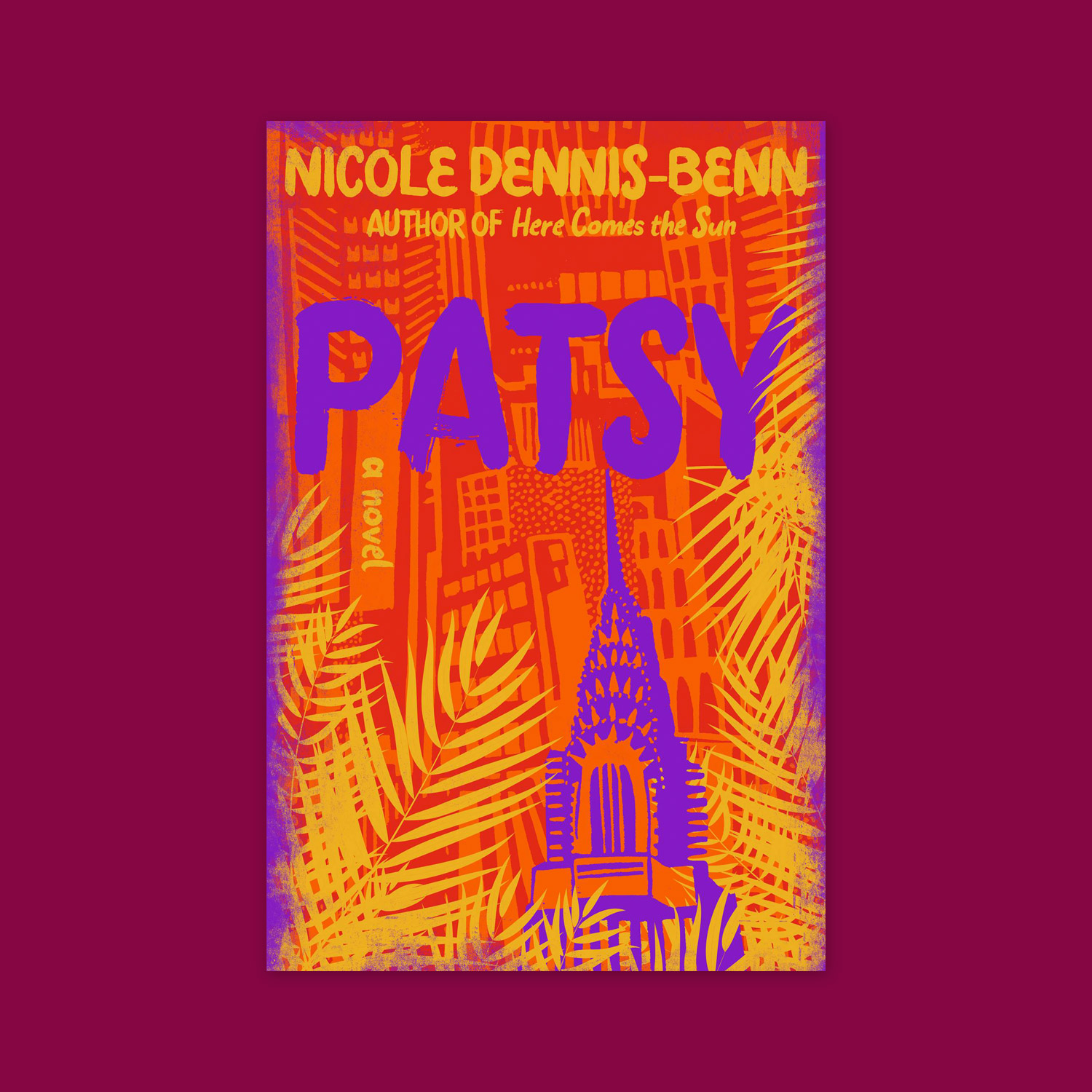
Patsy has long yearned to voyage to America and abandon her life in her small hometown of Pennyfield, Jamaica. When she finally acts on her dream, she leaves her five-year-old daughter Tru behind. As Patsy follows her heart in New York, where her friend and love Cicely lives, Tru faces a future without her mother, and one in which she, too, must discover how to be herself in the world. Dennis-Bean weaves the narratives of mother and daughter together in a moving tale of separation, growth and womanhood.
Naturally Tan: A Memoir, Tan France (June 4)
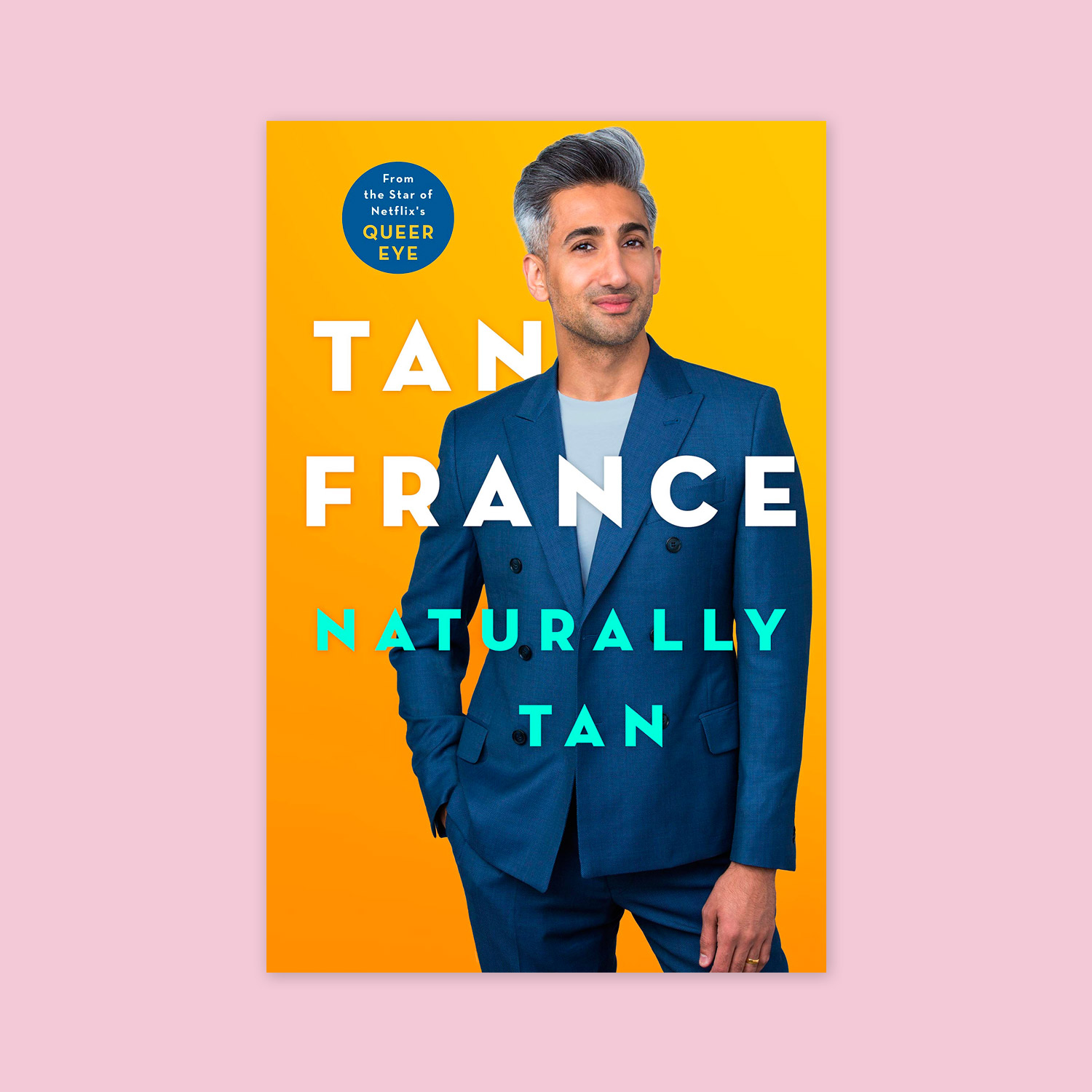
Although he’s best known for doling out fashion advice on Netflix’s Queer Eye, Tan France has wise words to offer across all areas of life. In his memoir, France unveils his complicated personal history, from the racism he experienced as a Pakistani child in the U.K. to what it was like coming out to his Muslim family at 34 years old. France gives readers a candid and intimate look at his past and shares all that he’s learned about being a spouse, television personality and role model.
Running to the Edge: A Band of Misfits and the Guru Who Unlocked the Secrets of Speed, Matthew Futterman (June 4)
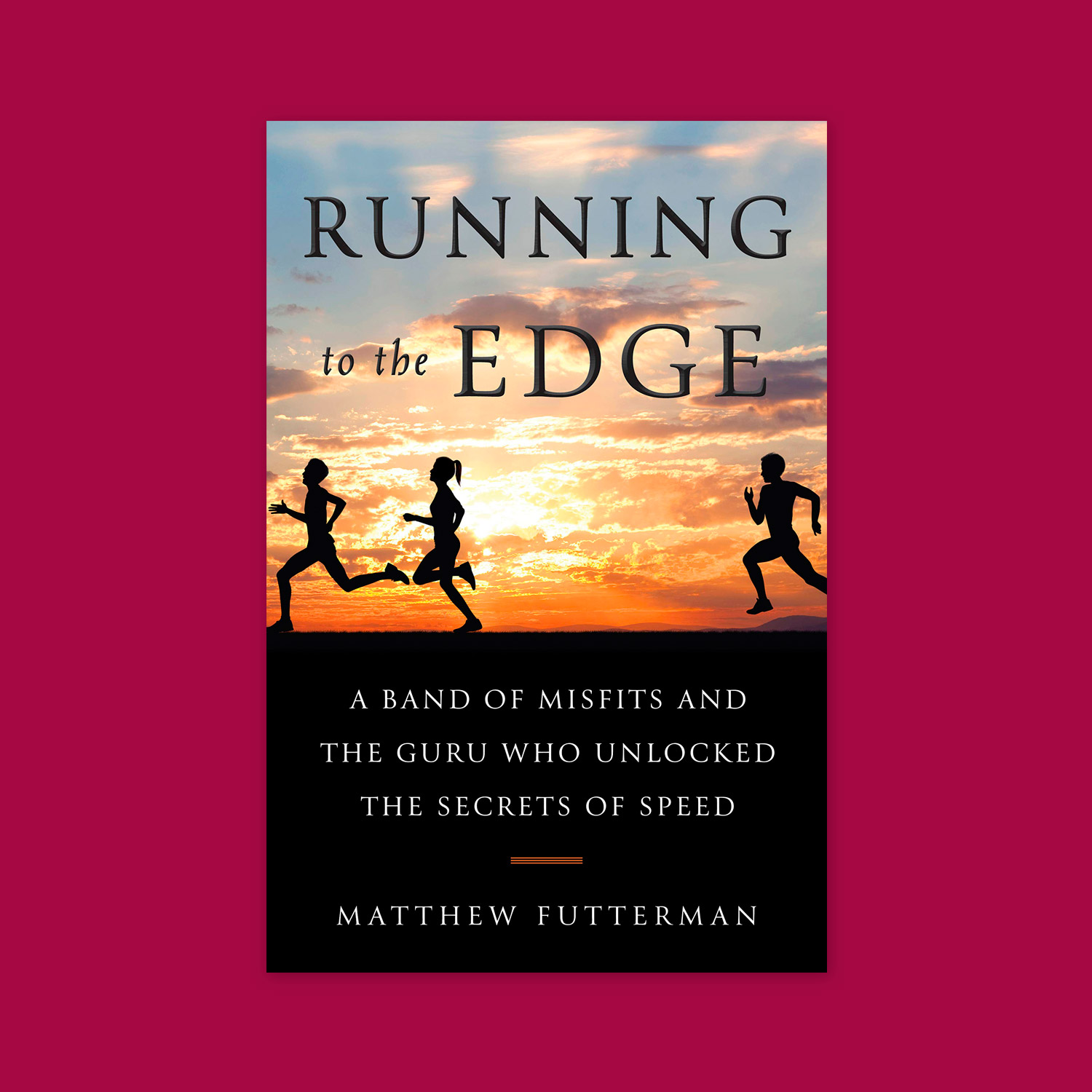
In the early 1970s, American running coach Bob Larsen became renowned for his success with the track team at UCLA, then went on to help coach several Olympic medalists to victory. In this chronicle of Larsen’s life and determination to pioneer new training methods, journalist Matthew Futterman looks at Larsen’s steps on the long road to sporting success, featuring stories of his own relationship with running along the way.
City of Girls, Elizabeth Gilbert (June 4)
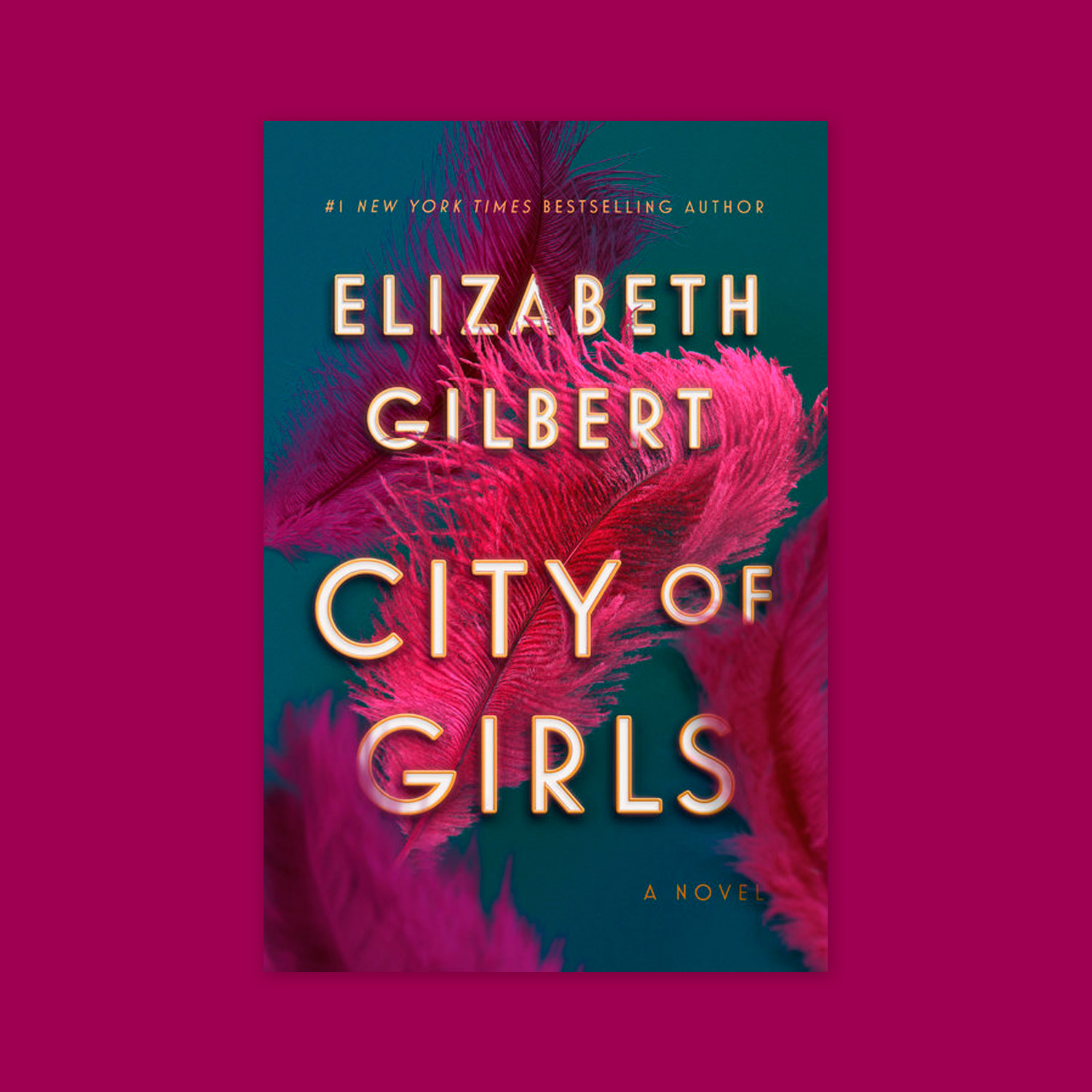
Elizabeth Gilbert, the author of Eat, Pray, Love, sets her latest novel in 1940s New York City, where 19-year-old Vivian Morris is moving in with her aunt. Surrounded by showgirls, costumes and a newfound sense of freedom discovered in the world of her aunt’s eccentric theater company, Vivian begins embracing her desires. But when a scandal puts the theater’s latest production at risk, Vivian finds herself unraveling the meaning of what happened for years to follow.
Searching for Sylvie Lee, Jean Kwok (June 4)
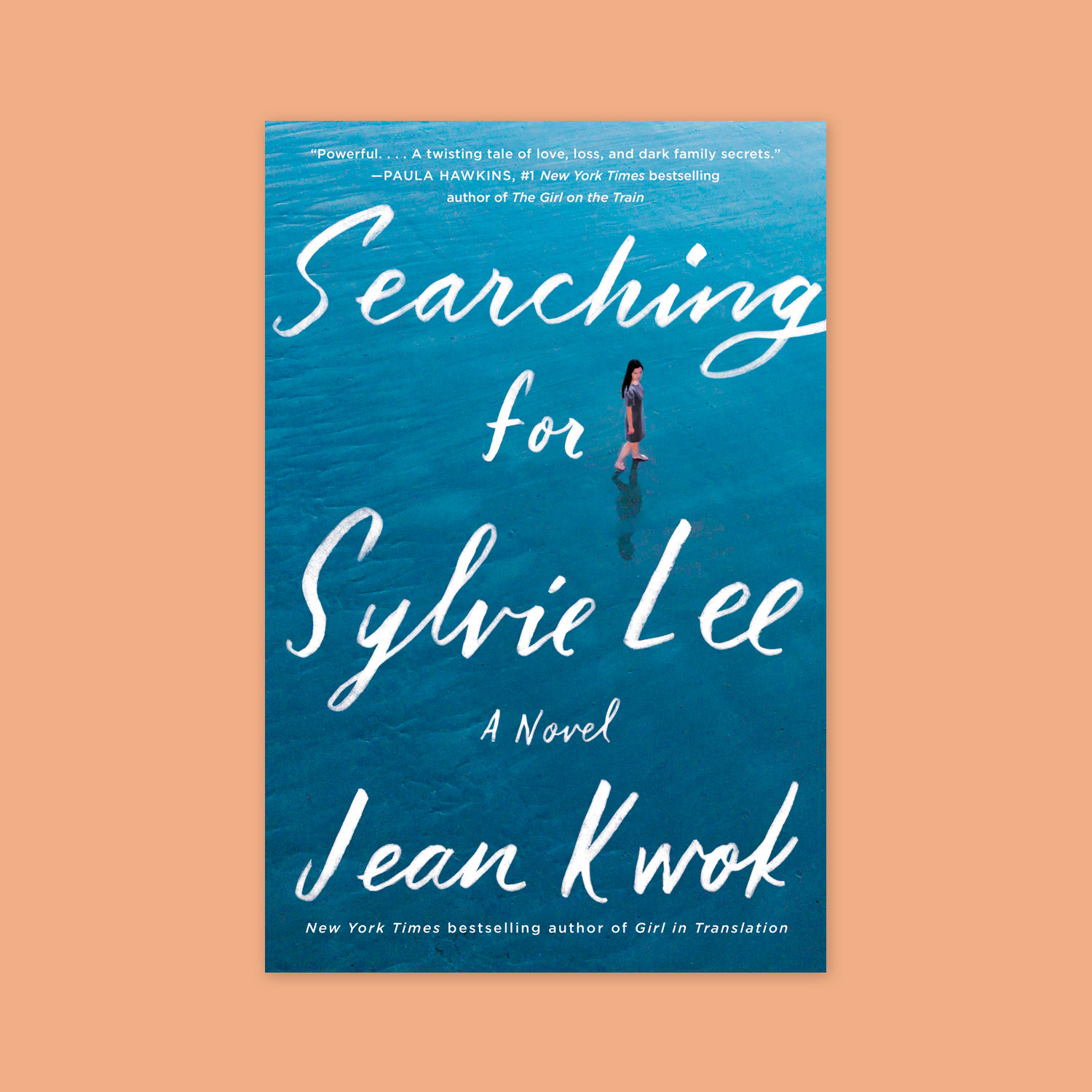
In Jean Kwok’s latest novel, a Chinese immigrant family comes to terms with its darkest secrets after the eldest daughter, Sylvie, goes missing. Her younger, more fearful sister Amy attempts to find her, traveling to the Netherlands, where Sylvie was last seen. But Amy quickly finds more questions surrounding Sylvie’s disappearance than she does answers. Searching for Sylvie Lee examines the complexities of identity, culture and family as Amy struggles to understand what happened to her sister.
This Land Is Our Land: An Immigrant’s Manifesto, Suketu Mehta (June 4)
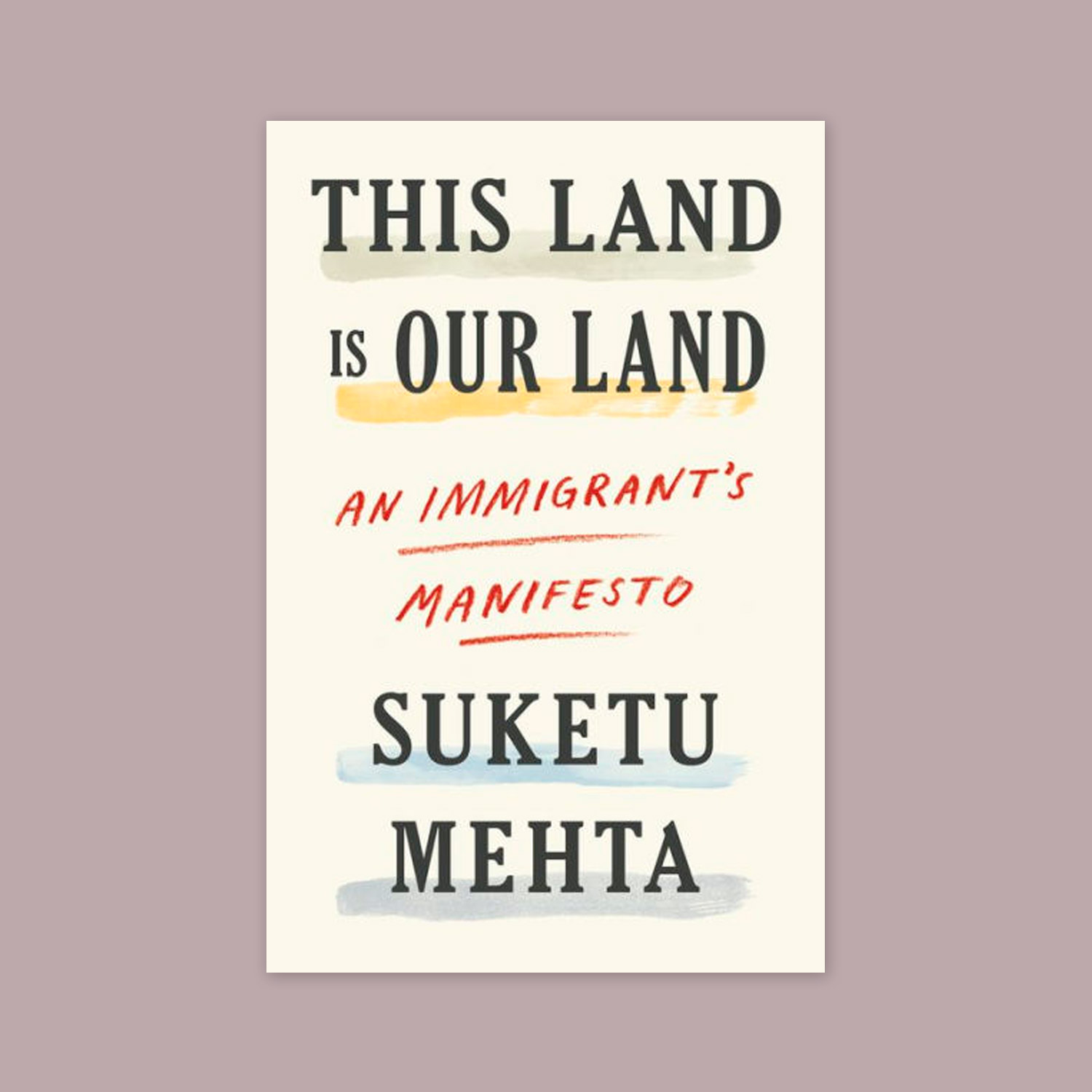
New York University professor and scriptwriter Suketu Mehta draws on his formative years as an Indian-born teenager growing up in New York City, providing a withering rebuke to the anti-immigration rhetoric that has arisen in global politics in recent years. In a compelling companion to his 2004 prize-winning work Maximum City, Mehta dismantles the narratives of populist ideologues in a fierce defense of global immigration.
The Plaza: The Secret Life of America’s Most Famous Hotel, Julie Satow (June 4)

Real estate reporter Julie Satow provides a juicy history of one of New York City’s most notorious buildings in The Plaza. From the hotel’s first guest in 1907 to the behind-the-scenes operas performed by its various owners — including Donald Trump — Satow offers readers a comprehensive account of the wealth, glamour and scandals that have shaped the storied hotel.
On Earth We’re Briefly Gorgeous, Ocean Vuong (June 4)
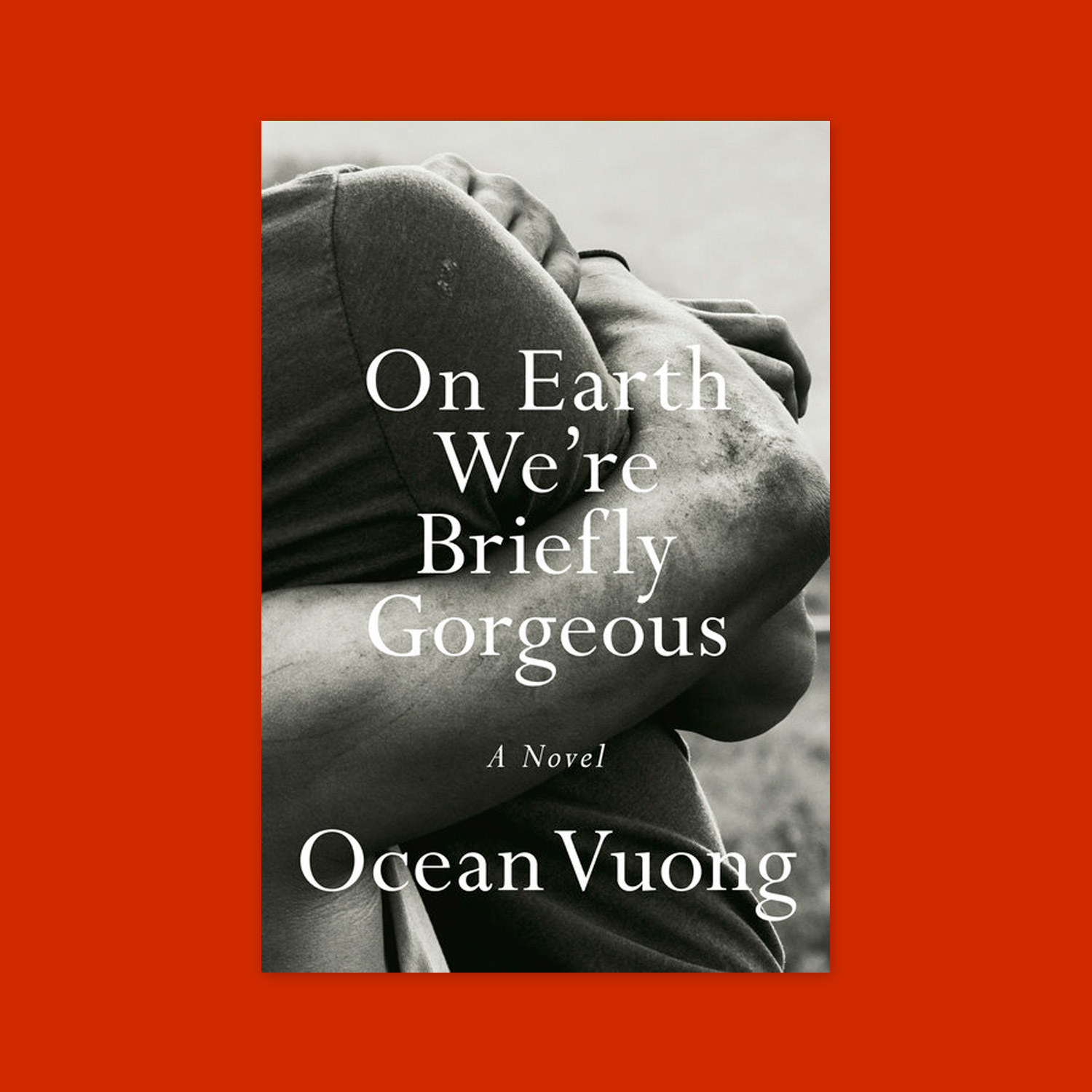
Poet Ocean Vuong’s debut novel delves into the mind of a young, gay writer coming to terms with his traumatic past. Structured in the form of a letter from the narrator to his illiterate mother, On Earth We’re Briefly Gorgeous reveals a son’s dissection of his ancestral suffering, which is intrinsically tied to the Vietnam War. Vuong reveals the strength that comes from sharing one’s story in this novel about immigration, survival and the intensity of love.
In West Mills, De’Shawn Charles Winslow (June 4)
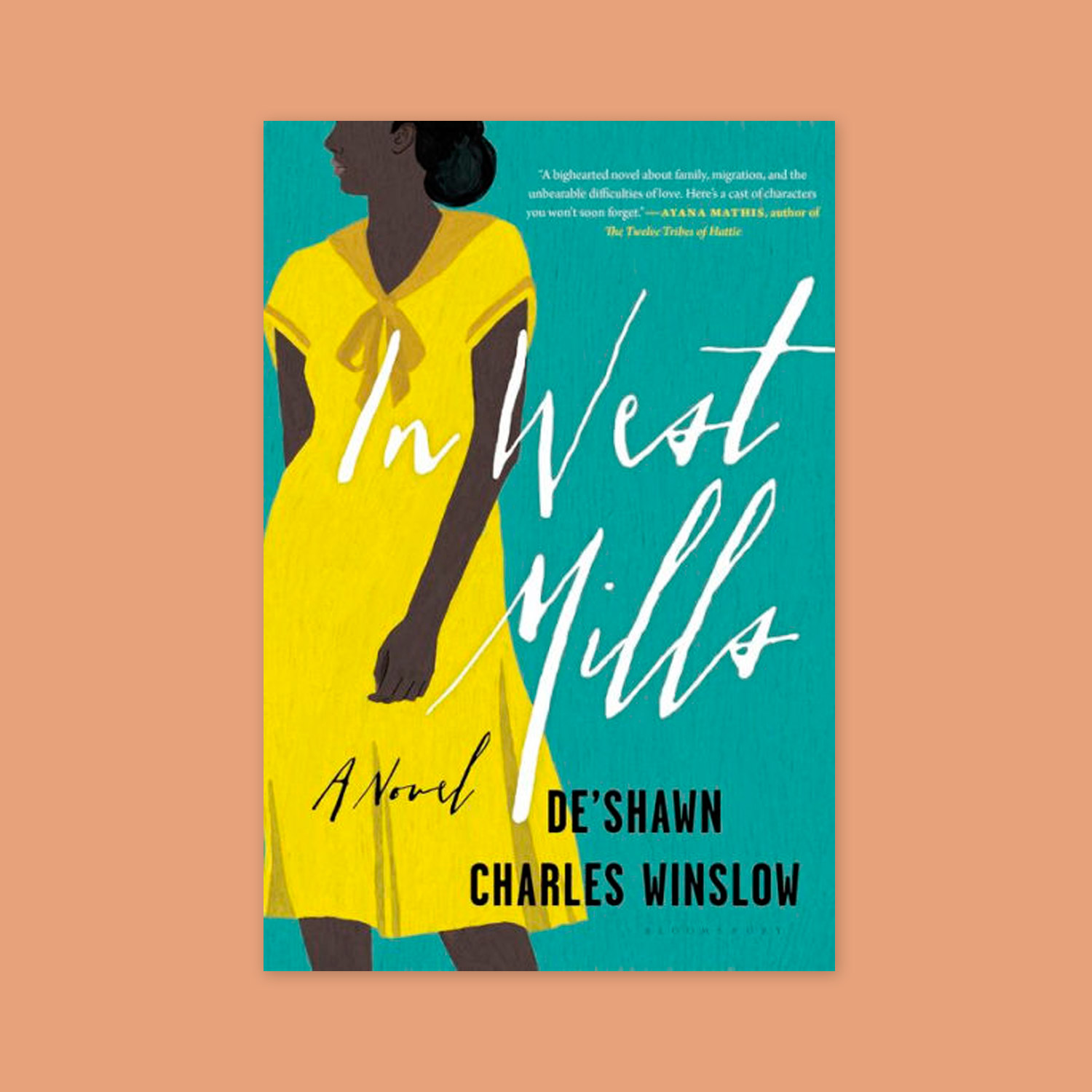
Azalea “Knot” Centre is a newcomer to the African-American community of West Mills, N.C., who doesn’t adhere to the small town’s status quo. She finds a kindred spirit in her neighbor, Otis Lee, who is eager to repair the cracks in Knot’s life. Through storytelling that spans four decades in rural North Carolina, Winslow demonstrates that in the human endeavor to fix the lives of others, we sometimes fall victim to overlooking flaws of our own.
Siege: Trump Under Fire, Michael Wolff (June 4)

When journalist Michael Wolff’s explosive book Fire and Fury was released in January 2018, the controversial account purporting to be the inside scoop on the Trump Administration (it was challenged by White House Press Secretary Sarah Huckabee Sanders and others) became the fastest-selling nonfiction book in its publisher’s history within its first week. Siege, Wolff’s second work on Trump, once again promises to transport the reader into the turbulent White House.
Recursion, Blake Crouch (June 11)
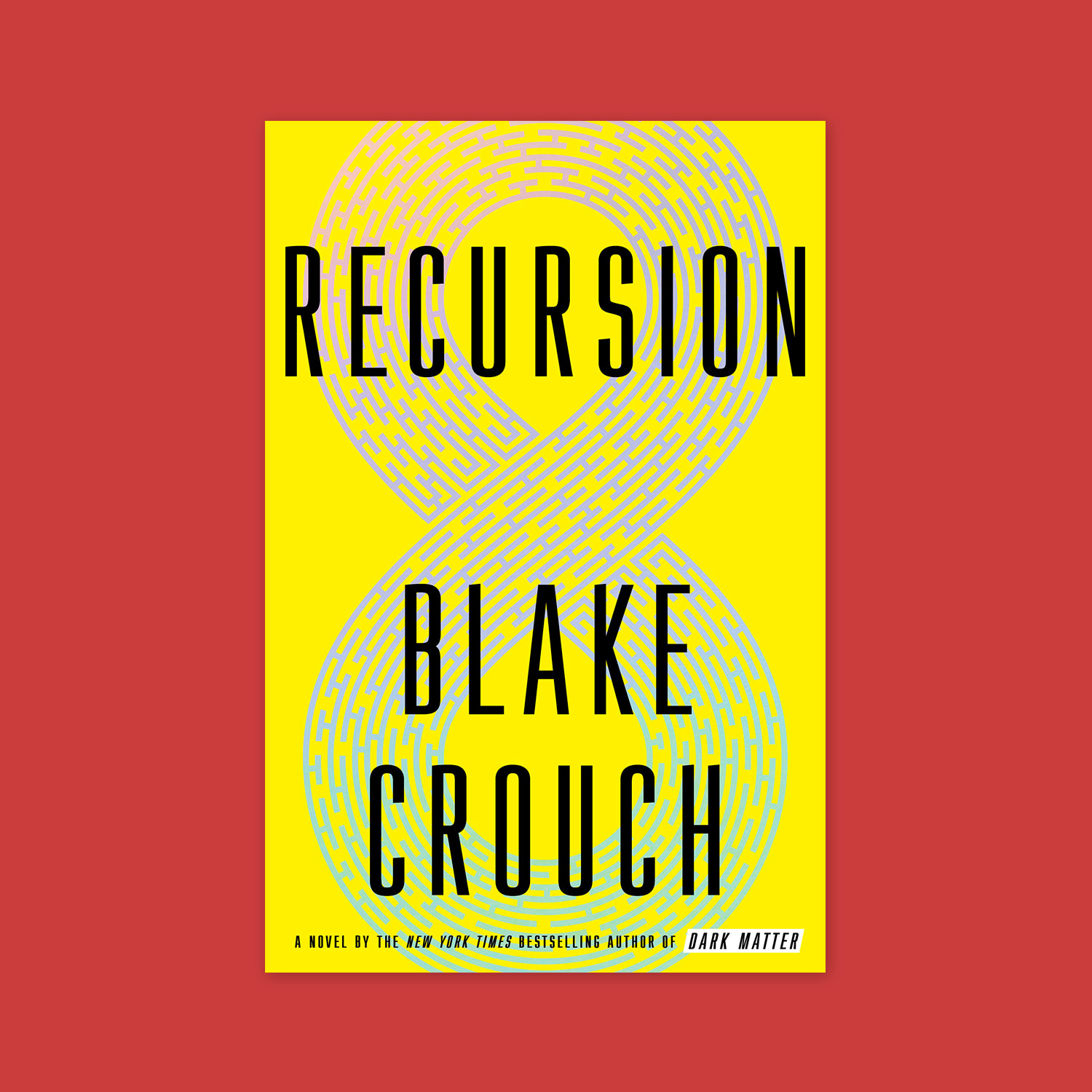
In Blake Crouch’s latest sci-fi thriller, the follow up to 2016’s Dark Matter, a mysterious disease causes people to experience false memories, leading to catastrophic consequences. A police officer and female neuroscientist team up to investigate and, hopefully, stop the phenomenon from wrecking society. Recursion, which is being developed as both a feature film and a television series by Shonda Rhimes and Matt Reeves for Netflix, asks how altering our past impacts the present and future.
Time After Time, Lisa Grunwald (June 11)
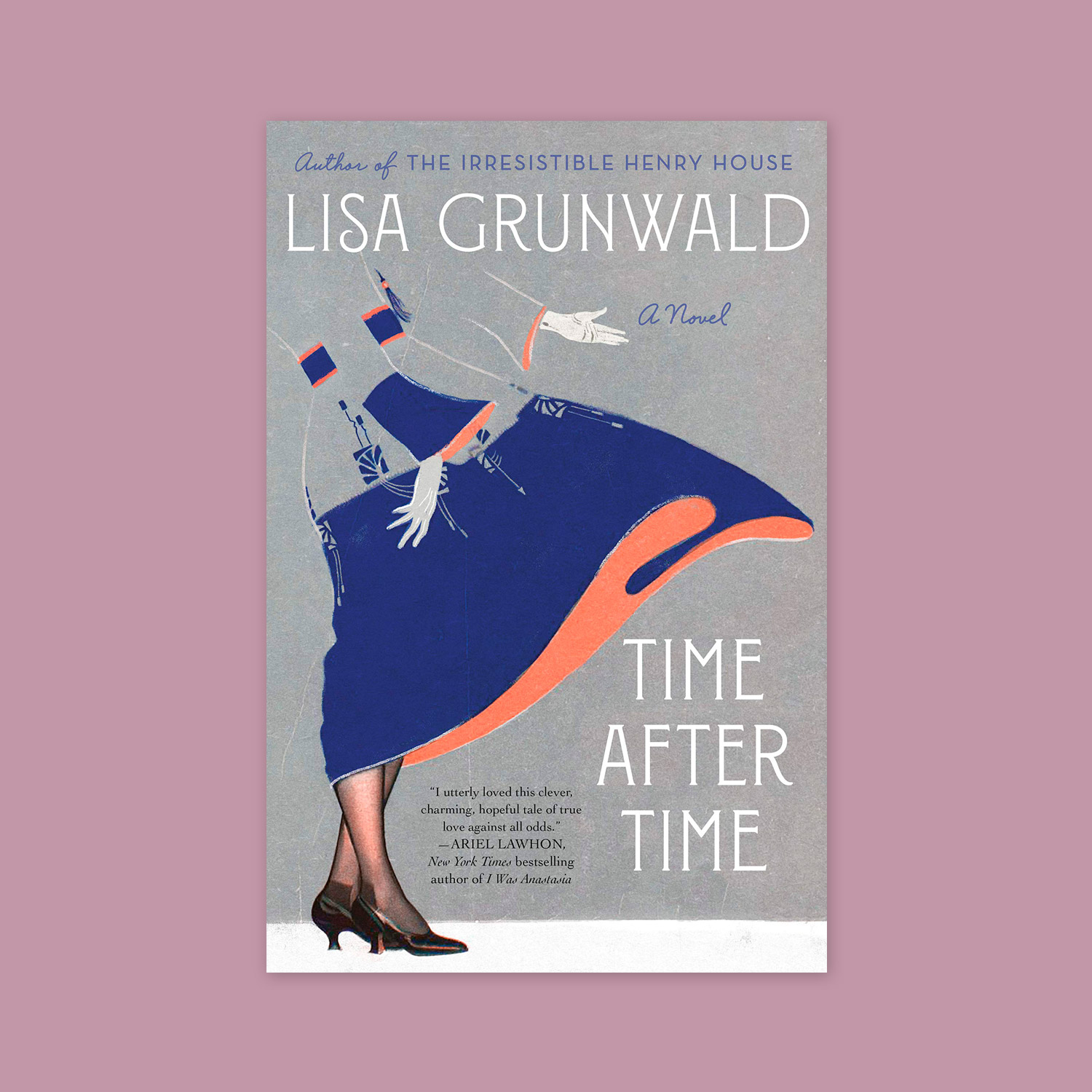
It’s December 1937 when Joe, a railway worker from Queens, meets Nora, who is dressed like a flapper from the 1920s. The mysterious woman accepts Joe’s offer to walk her home but vanishes as the pair approaches her wealthy neighborhood — only to re-emerge on the same day the following December. Lisa Grunwald’s supernatural novel Time After Time charts Joe and Nora’s time-defying romance as it unfolds under the arches of New York’s Grand Central Terminal.
The Porpoise, Mark Haddon (June 18)
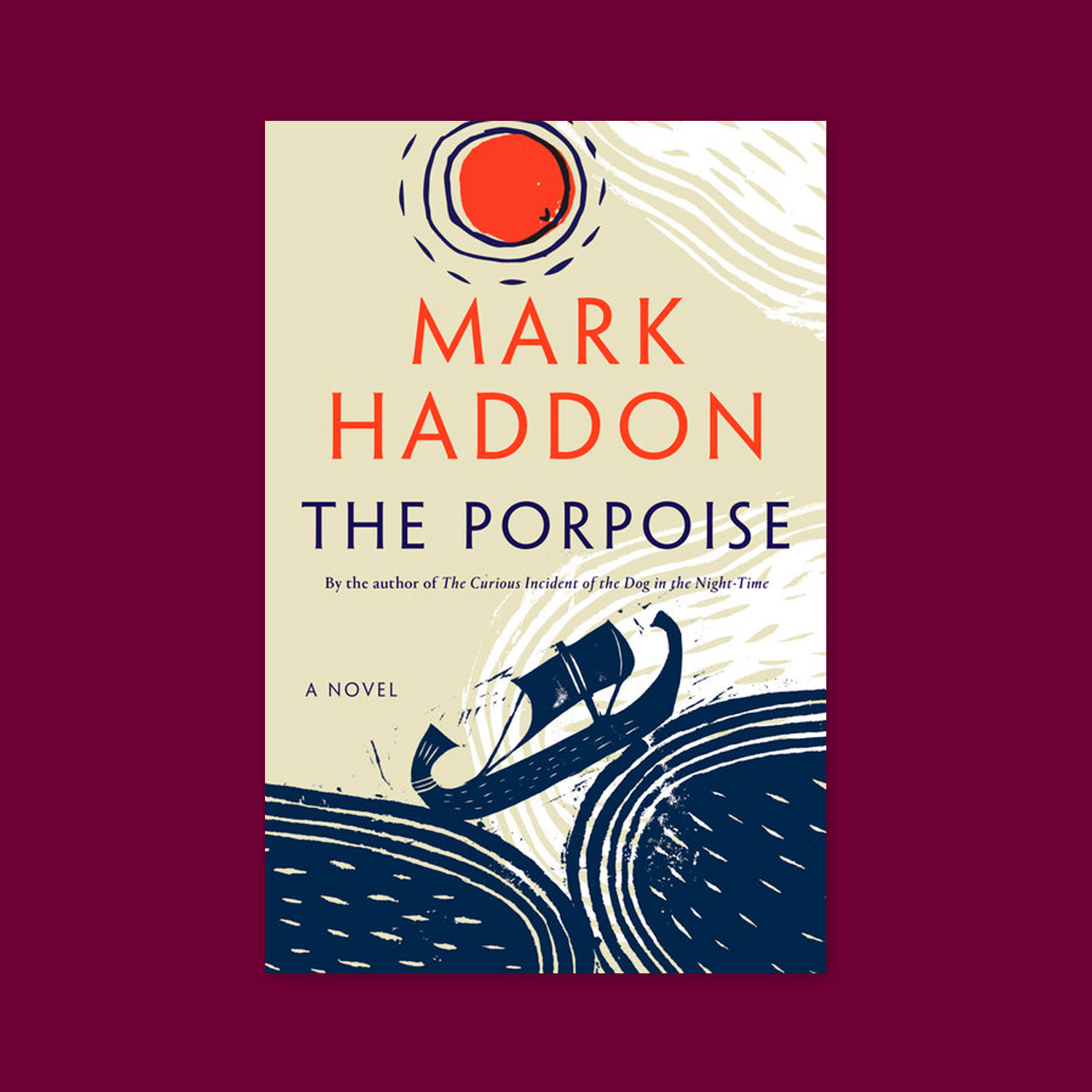
From the author of the bestseller-turned-Broadway-hit The Curious Incident of the Dog in the Night-Time comes another tale of intrigue. Haddon’s first novel in seven years takes inspiration from Shakespeare’s Pericles, in which a daughter is rescued from an abusive and incestuous relationship with her father by a young hero. Traveling through time and across the world, Haddon’s tale transports readers between myth and reality, balancing human savagery with human kindness.
A Death in the Rainforest: How a Language and a Way of Life Came to an End in Papua New Guinea, Don Kulick (June 18)
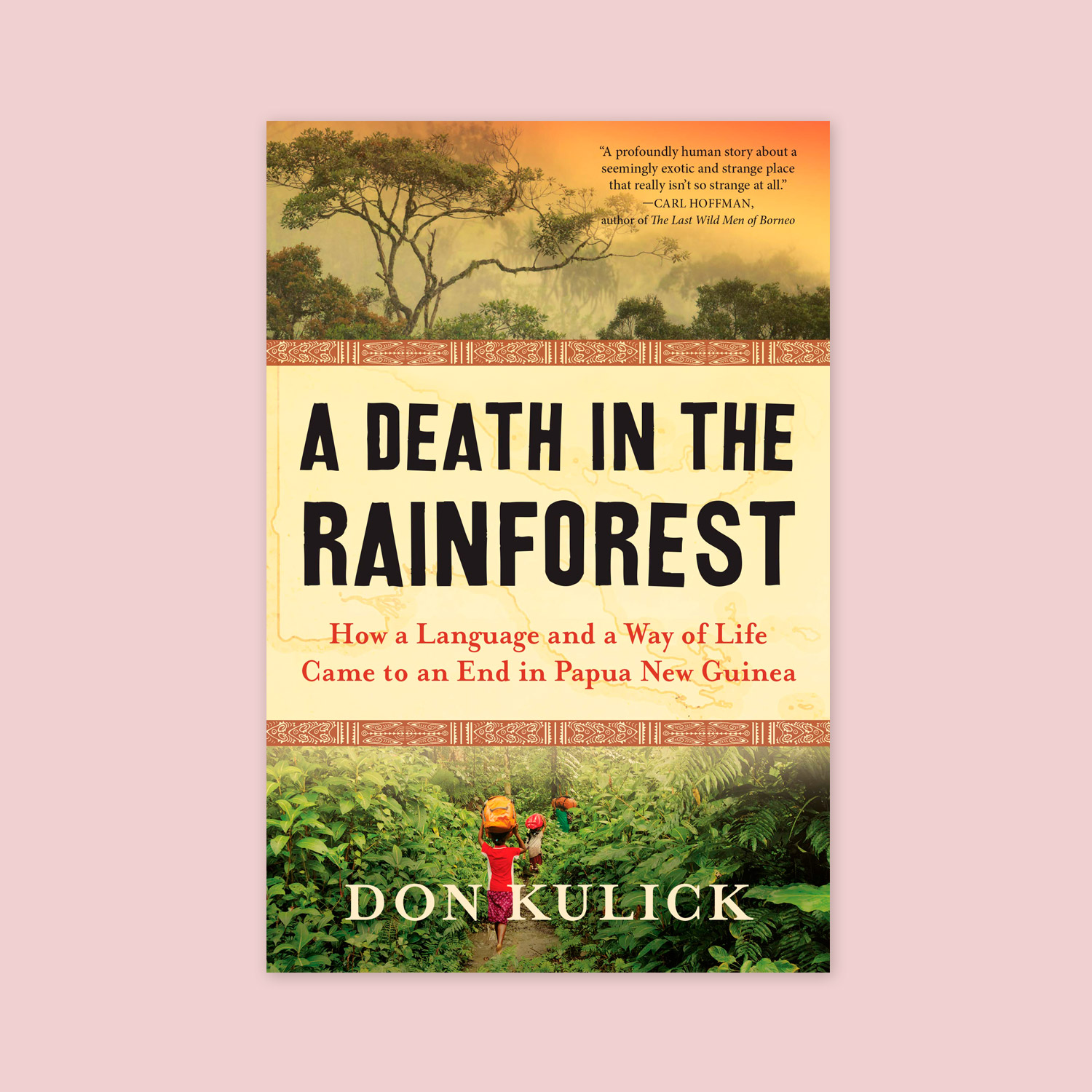
What does it take to study a culture? Anthropologist Don Kulick visited the small village of Gapun in New Guinea on and off for 30 years to study its dying language, Tayap. Blending academic discourse, linguistics and his personal stories about life in the remote community, A Death in the Rainforest illuminates the ways a society can change over time and become swallowed by forces of the outside world.
A Philosophy of Ruin, Nicholas Mancusi (June 18)
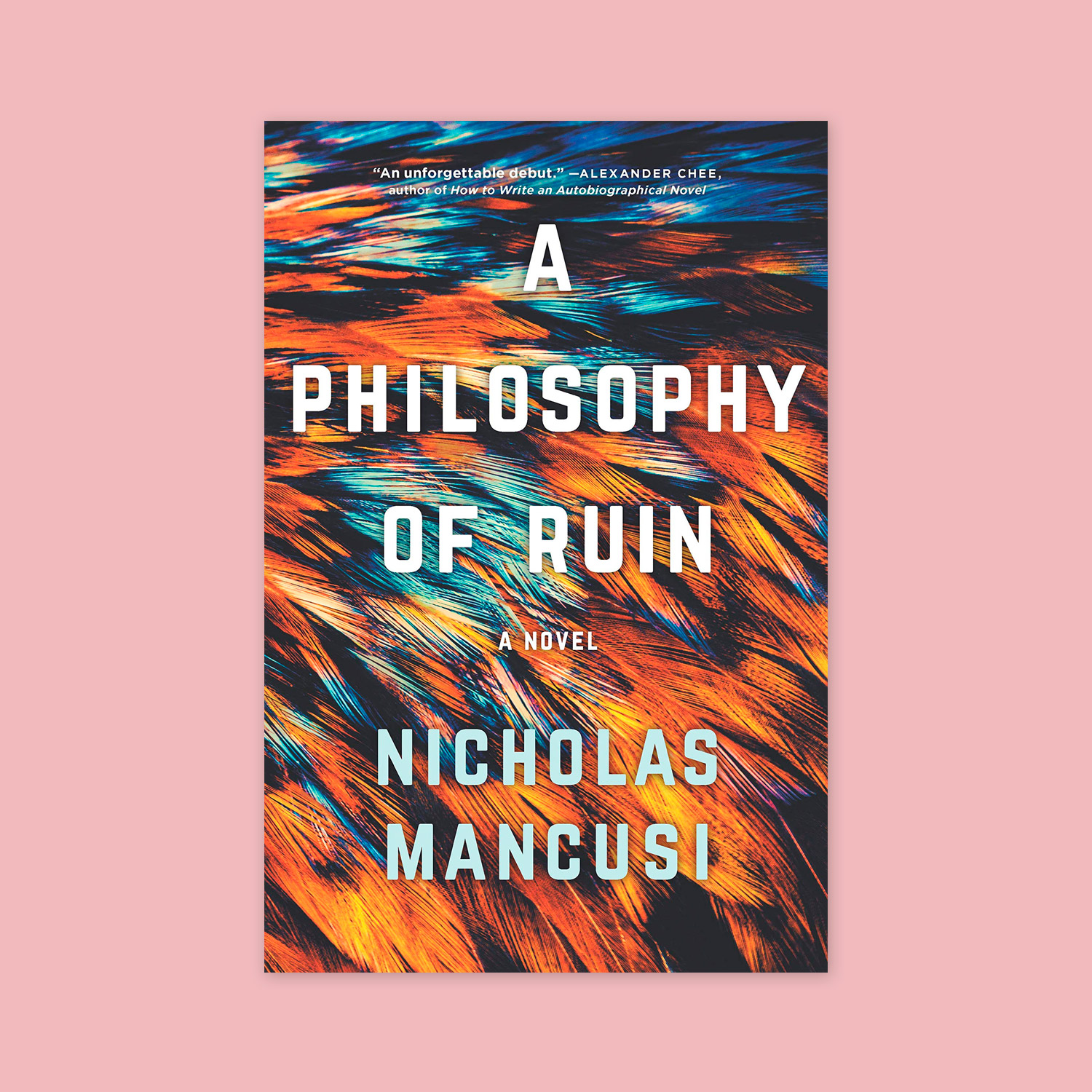
When disenchanted philosophy professor Oscar Boatright receives some terrible family news, he feels his life start to spiral out of control. A one-night stand with Dawn, whom he later discovers is his student and an emerging drug dealer, accelerates a whirlwind of chaos that comes to threaten both of their futures. Mancusi’s debut novel displays dark humour and intellectual depth.
Big Sky: A Jackson Brodie Novel, Kate Atkinson (June 25)
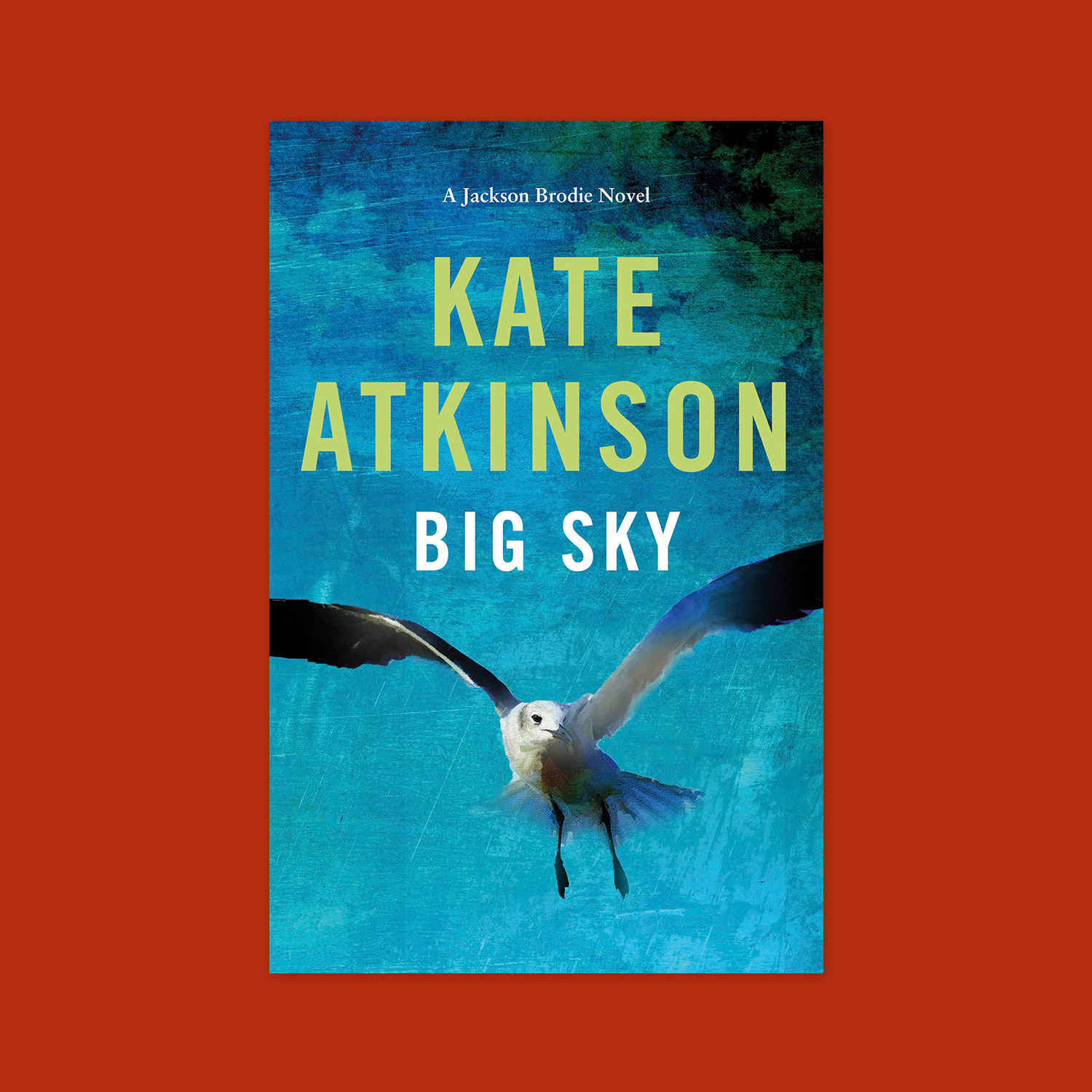
It has been nine years since Kate Atkinson last regaled readers with the tales of soldier-turned-police-constable Jackson Brodie in Started Early, Took the Dog. The bestselling British writer returns to Brodie’s world for a fifth time in Big Sky, which finds the hero ensconced in a quaint northern English seaside town, making a living as a private investigator. As is often the case in Atkinson’s genre-defying fiction, assignments to track lost cats and unfaithful husbands are never quite what they seem.
The Gone Dead, Chanelle Benz (June 25)
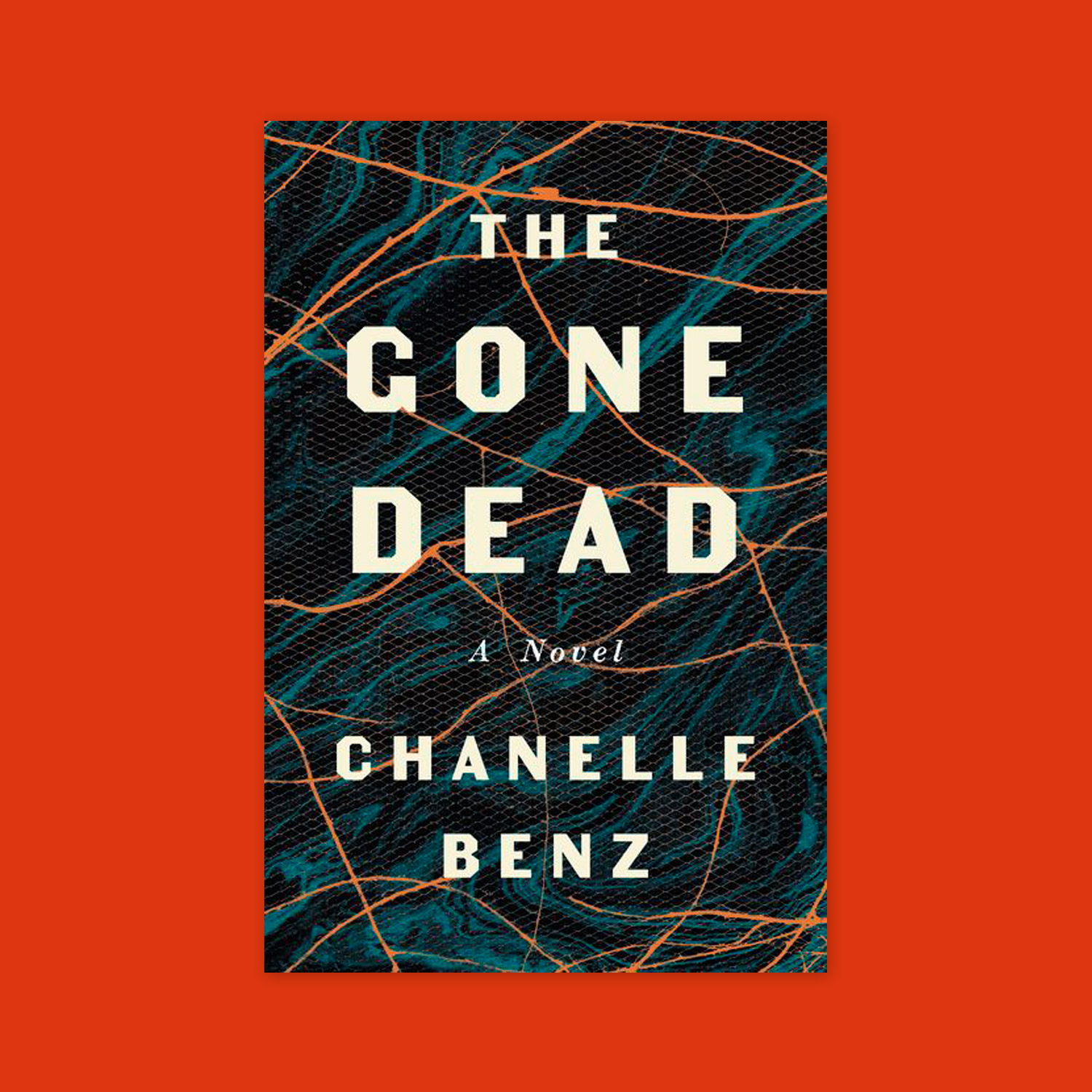
Chanelle Benz’ debut novel handles the arresting themes of racial injustice and memory, following protagonist Billie James as she returns to the childhood roots she left behind in the Mississippi Delta. Since her father’s unexpected death when she was four years old, Billie hasn’t been home, and rumors about her own circumstances have been swirling throughout the town. While examining her only inheritance — the shack that her father resided in — Billie discovers there may have been more to the story of his death than she first thought, setting her on a path to discover the truth of what happened that fateful night 30 years before.
Talking to Robots: Tales from Our Human-Robot Futures, David Ewing Duncan (July 16)
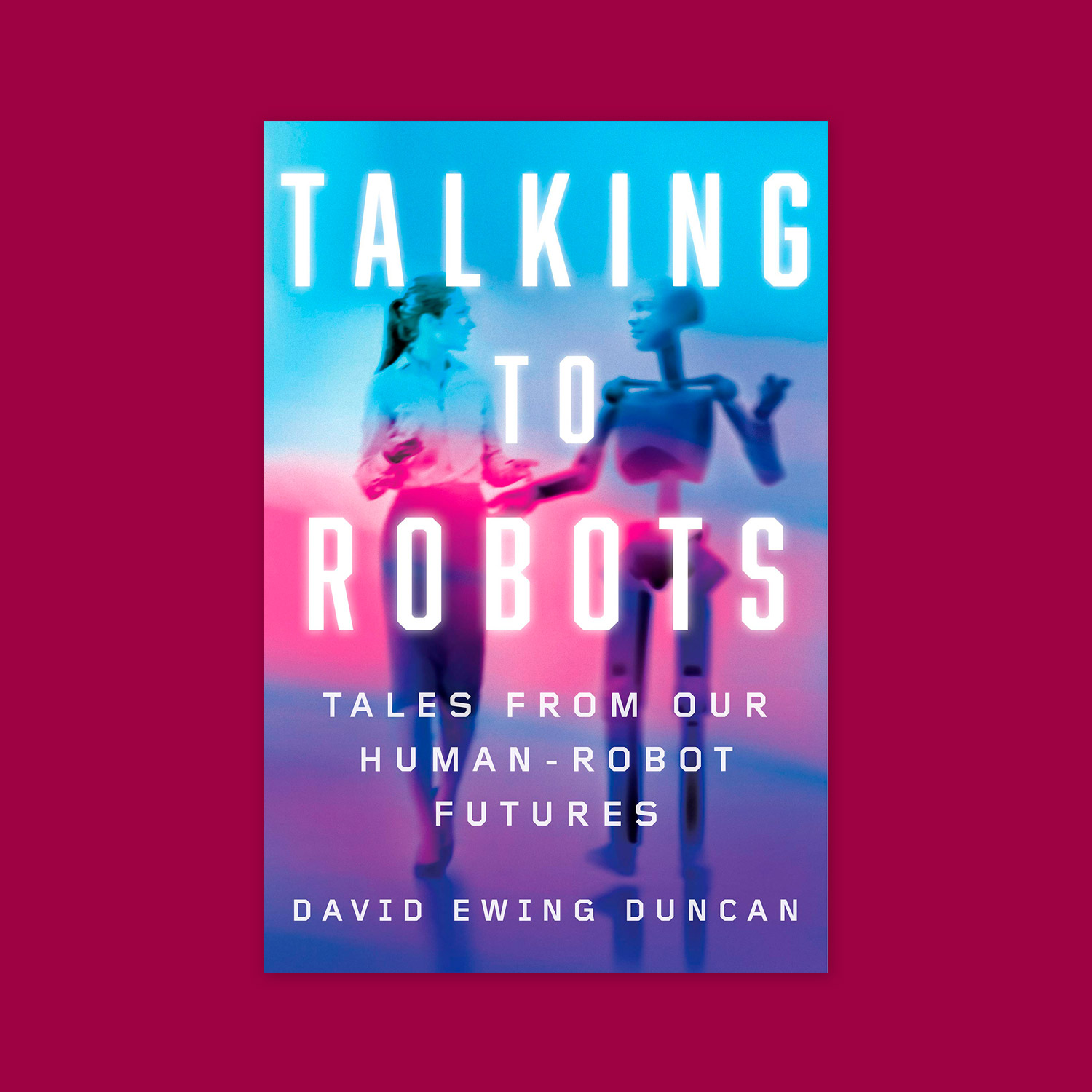
Artificial intelligence is no longer a far-off fantasy; it’s embedded in our present. But it’s the future that award-winning journalist David Ewing Duncan explores in this riveting read consisting of 24 visions of possible human-robot futures. Potential realities include warrior bots, politician bots and teddy bots, to name a few. Duncan enlists the help of inventors, geneticists and filmmakers to unpack what these evolutions might mean — both for technology and for the future of humankind.
The Wedding Party, Jasmine Guillory (July 16)
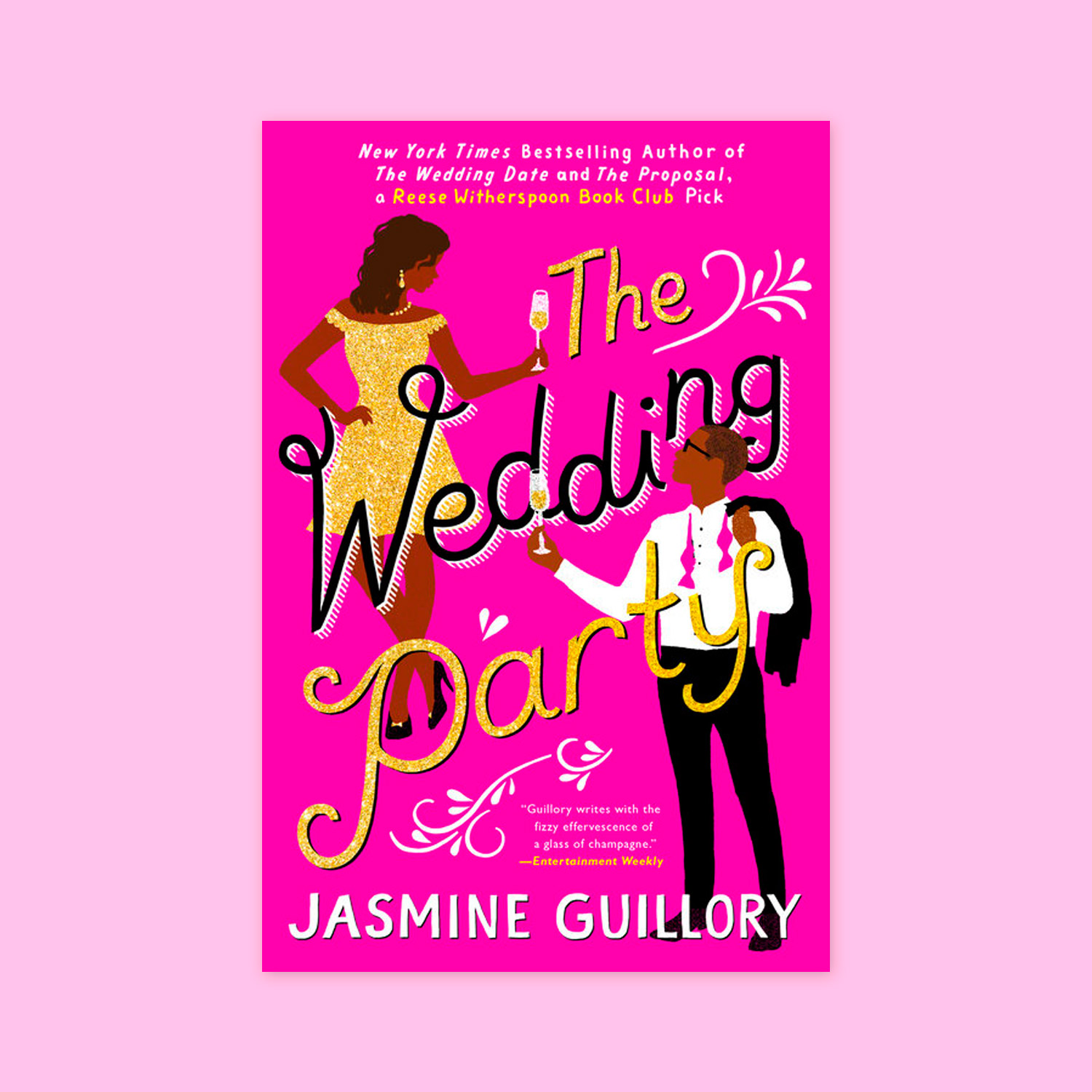
Hot on the heels of The Proposal and The Wedding Date, bestselling author Jasmine Guillory returns with another conjugal affair. The Wedding Party sees Maddie and Theo jointly tasked with the bridal party duties for their best friend Alexa’s wedding. The problem is, Maddie and Theo hate each other — or at least, that’s what they keep telling themselves as they attempt to stave off the irresistible attraction drawing them together.
The Nickel Boys, Colson Whitehead (July 16)
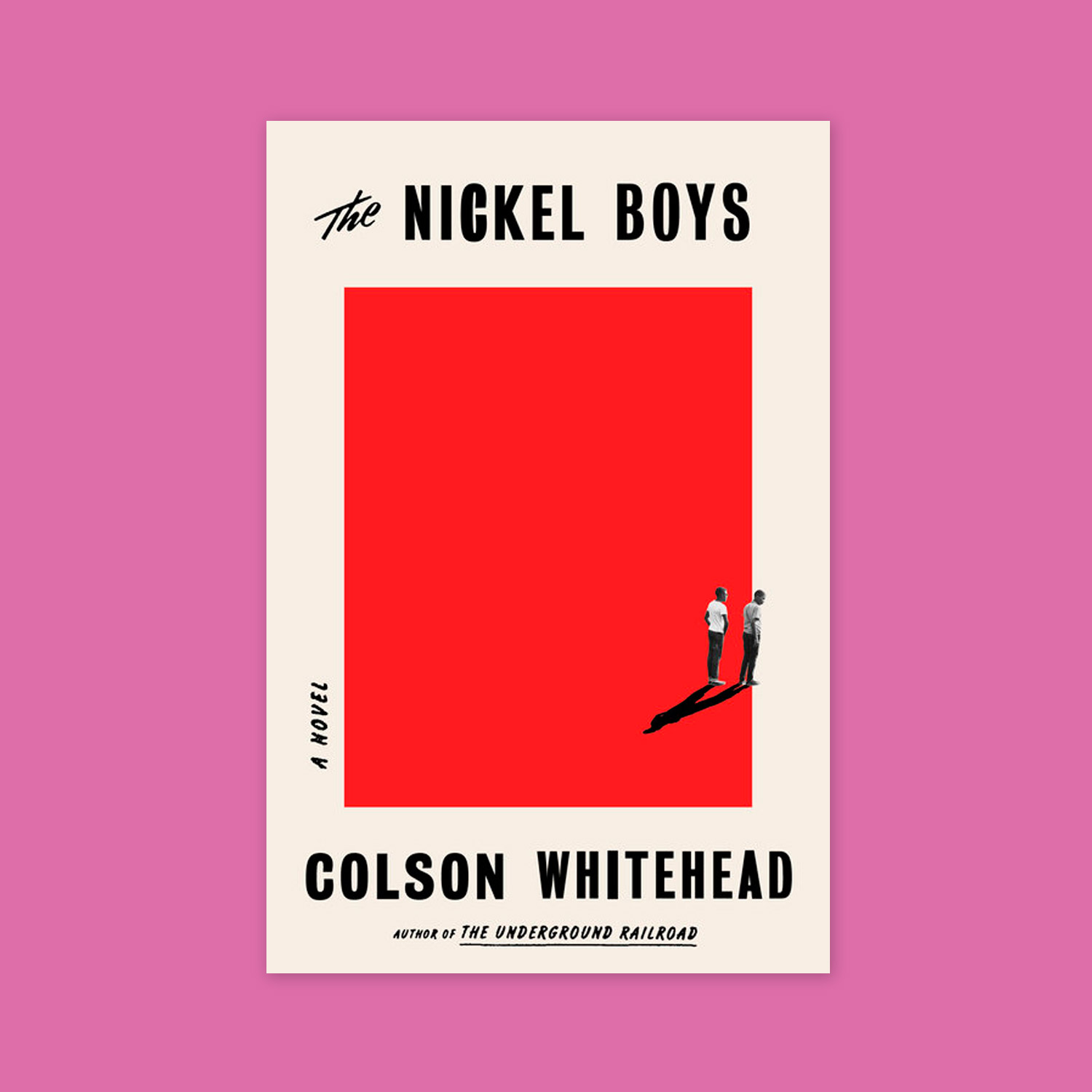
Pulitzer Prize winner Colson Whitehead, author of The Underground Railroad, again reckons with our country’s devastating racist past in his latest novel, this time against the backdrop of a reform school in 1960s Florida. Elwood Curtis, a black teenager who loves reading encyclopedias and reciting the speeches of Dr. Martin Luther King, Jr., finds himself at the Nickel Academy, where he quickly learns his place in the Jim Crow South and the world at large. Inspired by a real school in Florida, The Nickel Boys is a haunting narrative that reinforces Whitehead’s prowess as a leading voice in American literature.
Speaking of Summer, Kalisha Buckhanon (July 30)
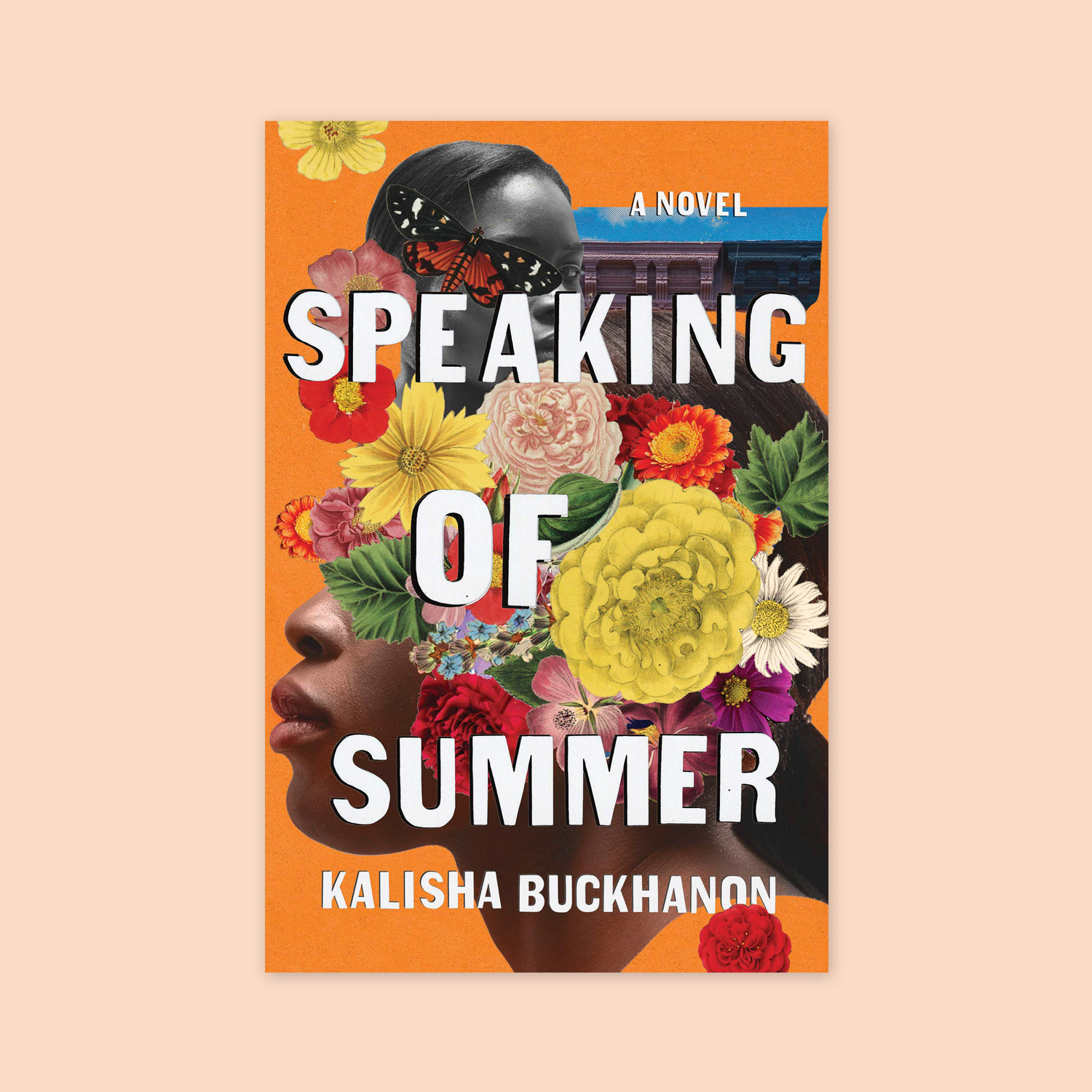
When Autumn Spencer’s twin sister Summer disappears on a winter’s evening in Harlem, Autumn sees no other choice but to take matters into her own hands. Frustrated by the indifference of authorities to another missing black woman, Autumn doggedly tries to get to the bottom of what happened, and becomes embroiled in other cases in the process. In her fourth novel, writer Kalisha Buckhanon sheds light on often-overlooked stories of victims and their families.
Chances Are…, Richard Russo (July 30)

Three college friends, now in their 60s, convene in sunny Martha’s Vineyard, Mass., to reunite and reminisce about their youth. But what initially seems to be a happy occasion is tempered by an ominous cloud, as a 40-year old mystery tests the bonds of friendship between the three men. Pulitzer Prize-winning novelist Richard Russo balances suspense with comedy in this gripping tale, his first stand-alone novel in a decade.
A Particular Kind of Black Man, Tope Folarin (August 6)
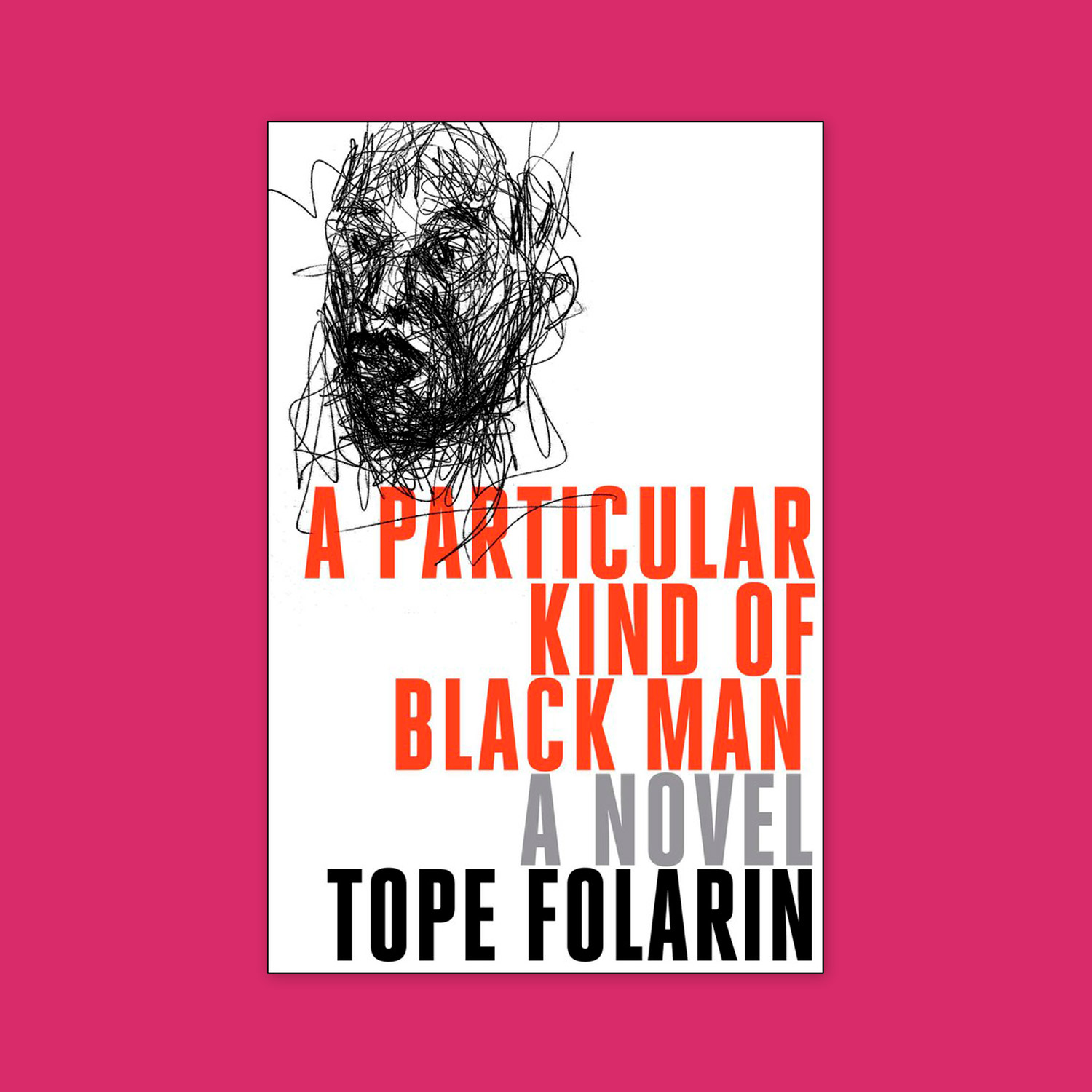
In A Particular Kind of Black Man, debut novelist Tope Folarin introduces readers to Tunde Akinola and his Nigeria-born parents in small-town Utah as they navigate an uncomfortable assimilation to American life. Folarin wrote in the announcement for the book that he had produced a work that captures his own feelings about identity: “How slippery it can be; how it defines us and, at times, confines us as well.”
Trick Mirror: Reflections on Self-Delusion, Jia Tolentino (August 6)
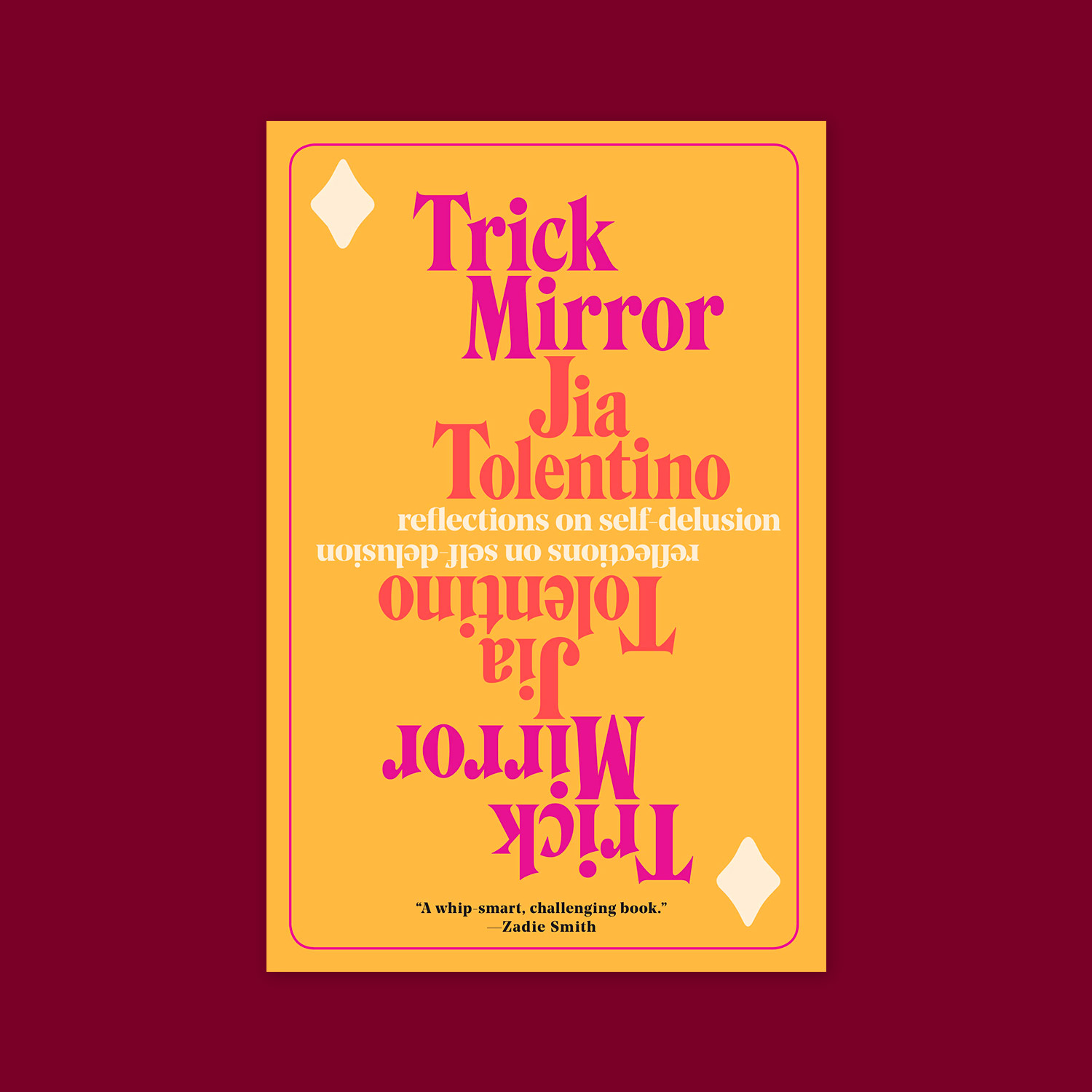
The New Yorker’s Jia Tolentino breaks down big cultural trends through the lens of her own experiences in her debut essay collection. The nine essays in Trick Mirror cover everything from the horrors of the Internet to Tolentino’s appearance on a reality television show as a teenager. In analyzing the pillars of 21st-century living, Tolentino gives a voice to millennials’ concerns and speaks to the intersection of culture, politics and identity.
The Remainder, Alia Trabucco Zerán (translated by Sophie Hughes) (August 6)
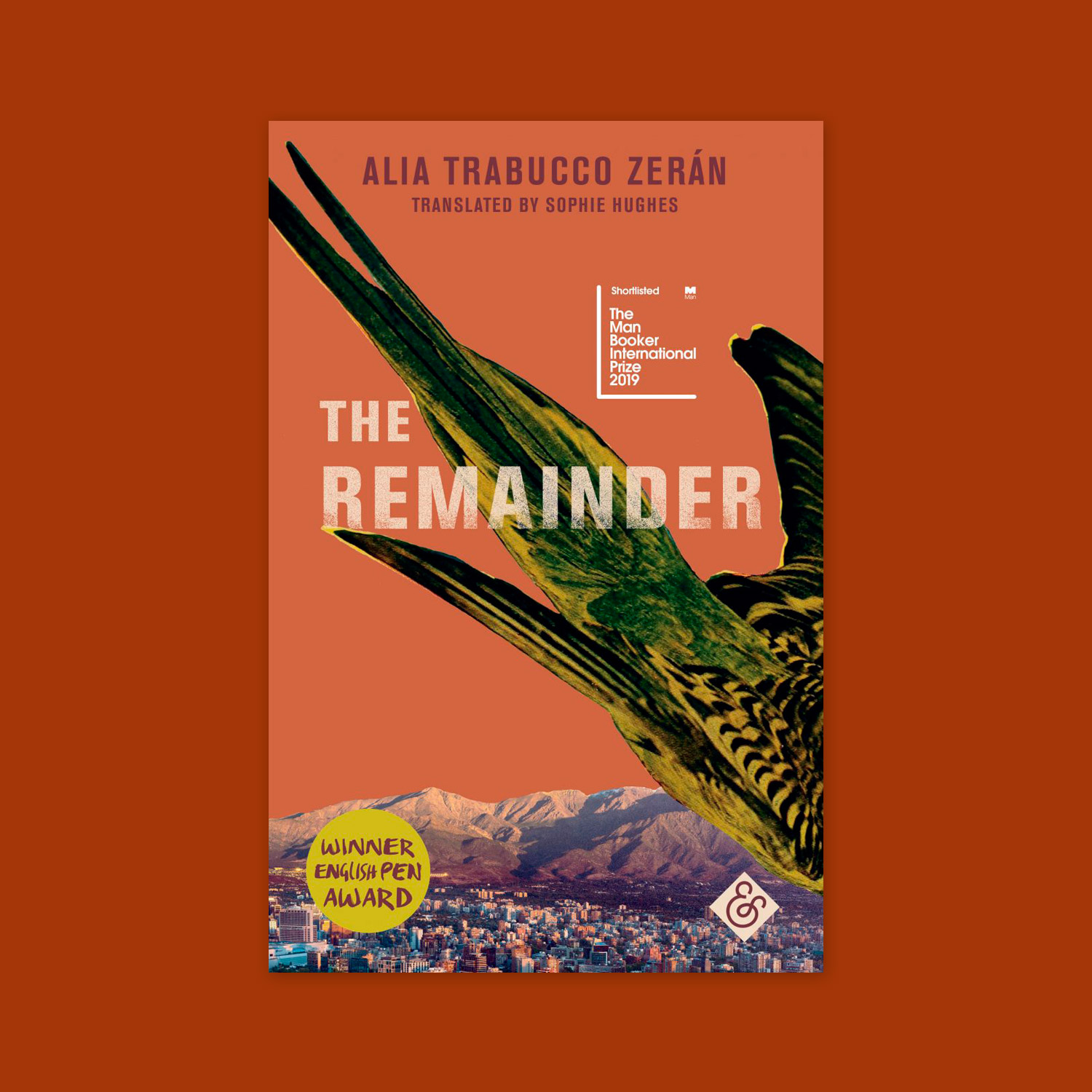
Shortlisted for this year’s Man Booker International Prize, Chile-born writer Alia Trabucco Zerán’s debut novel La Resta (The Remainder) wrestles with the enduring legacy of General Augusto Pinochet’s dictatorship. While writers such as Pedro Lemebel and José Donoso have explored the regime’s impact on those who lived through it, Zerán is concerned with the next generation. Felipe, Iquela and Paloma are the children of ex-militants, attempting to “unremember” the past in Chile’s haunted capital, Santiago.
The Yellow House, Sarah M. Broom (August 13)
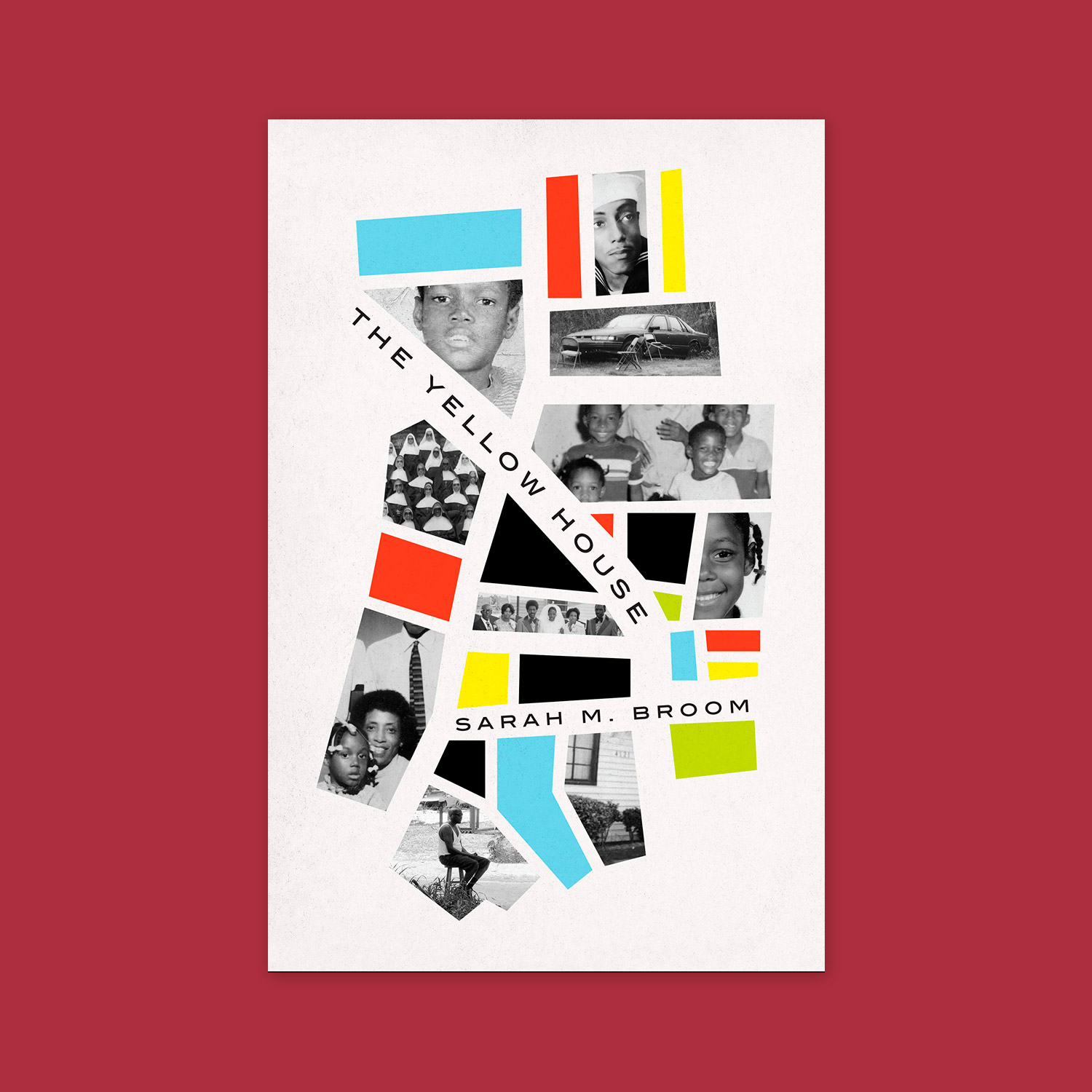
It was 1961 when Sarah M. Broom’s mother Ivory Mae bought the shotgun house where she would raise her 12 children. Back then, the East New Orleans neighborhood where it was situated was imbued with post-war optimism. In a memoir that mines her family’s history and their relationship to the titular Yellow House — even after Hurricane Katrina destroys it — Broom explores a little-known side of one of America’s most mythologized cities, addressing the enduring legacy of inequality.
Inland, Téa Obreht (August 13)

The long-awaited second novel from the author of 2011’s National Book Award finalist The Tiger’s Wife, Téa Obreht’s Inland reimagines and subverts the myths of the American West. Set in the parched lawless Arizona Territory of 1893, it tells the story of Nora, a resolute frontierswoman bound to a house she can’t leave, and Lunie, a haunted former outlaw searching for a home he can’t find.
The Memory Police, Yoko Ogawa (translated by Stephen Snyder) (August 13)
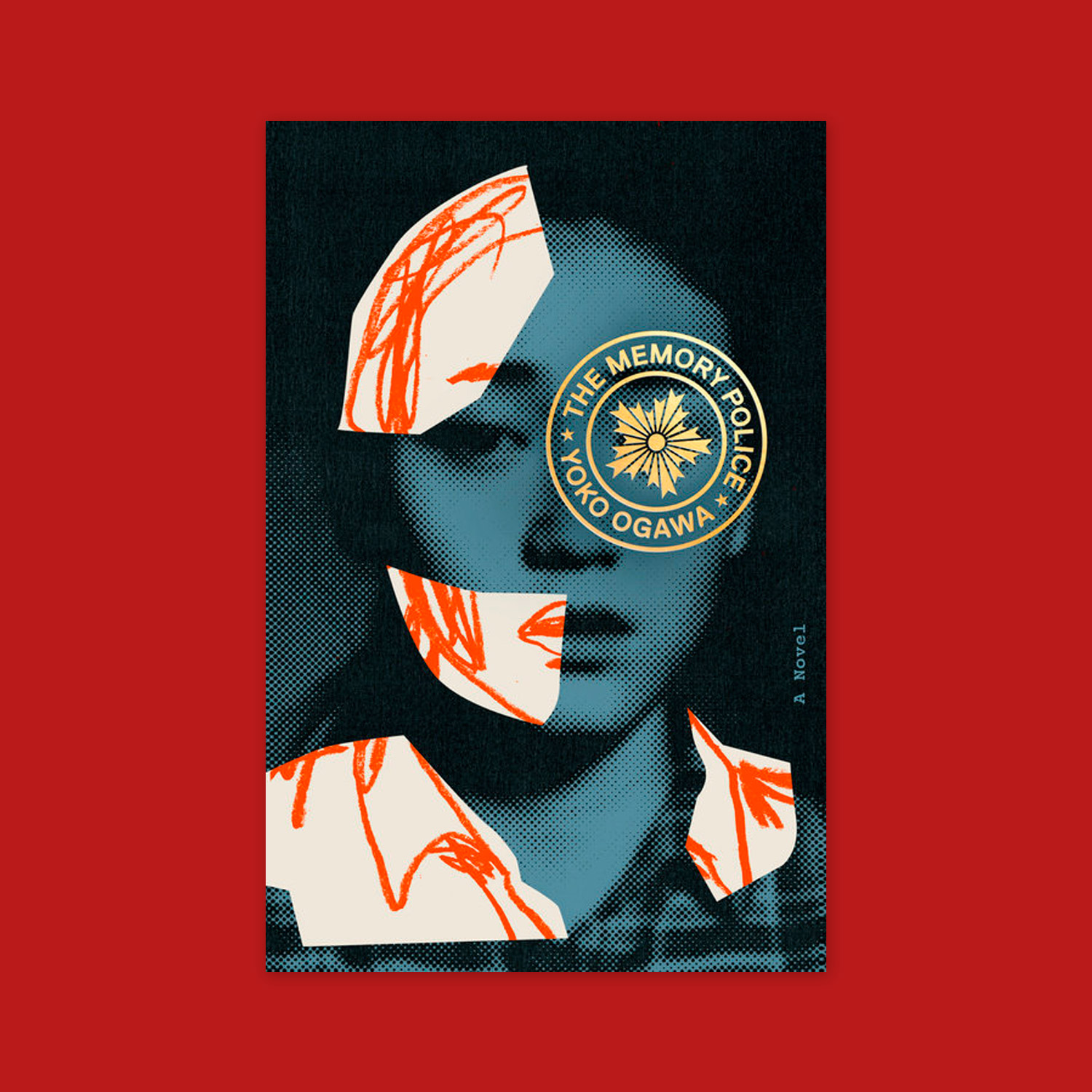
First animals and flowers disappear, then bells, ribbons and photographs, then, at the hands of the Memory Police, the few people who can recall that those vanished objects ever existed. In her newest novel, The Memory Police, one of Japan’s most acclaimed authors explores truth, state surveillance and individual autonomy. Ogawa’s fable echoes the themes of George Orwell’s 1984, Ray Bradbury’s Fahrenheit 451, and Gabriel Garcia Marquez’s 100 Years of Solitude, but it has a voice and power all its own.
How to Be an Antiracist, Ibram X. Kendi (August 20)
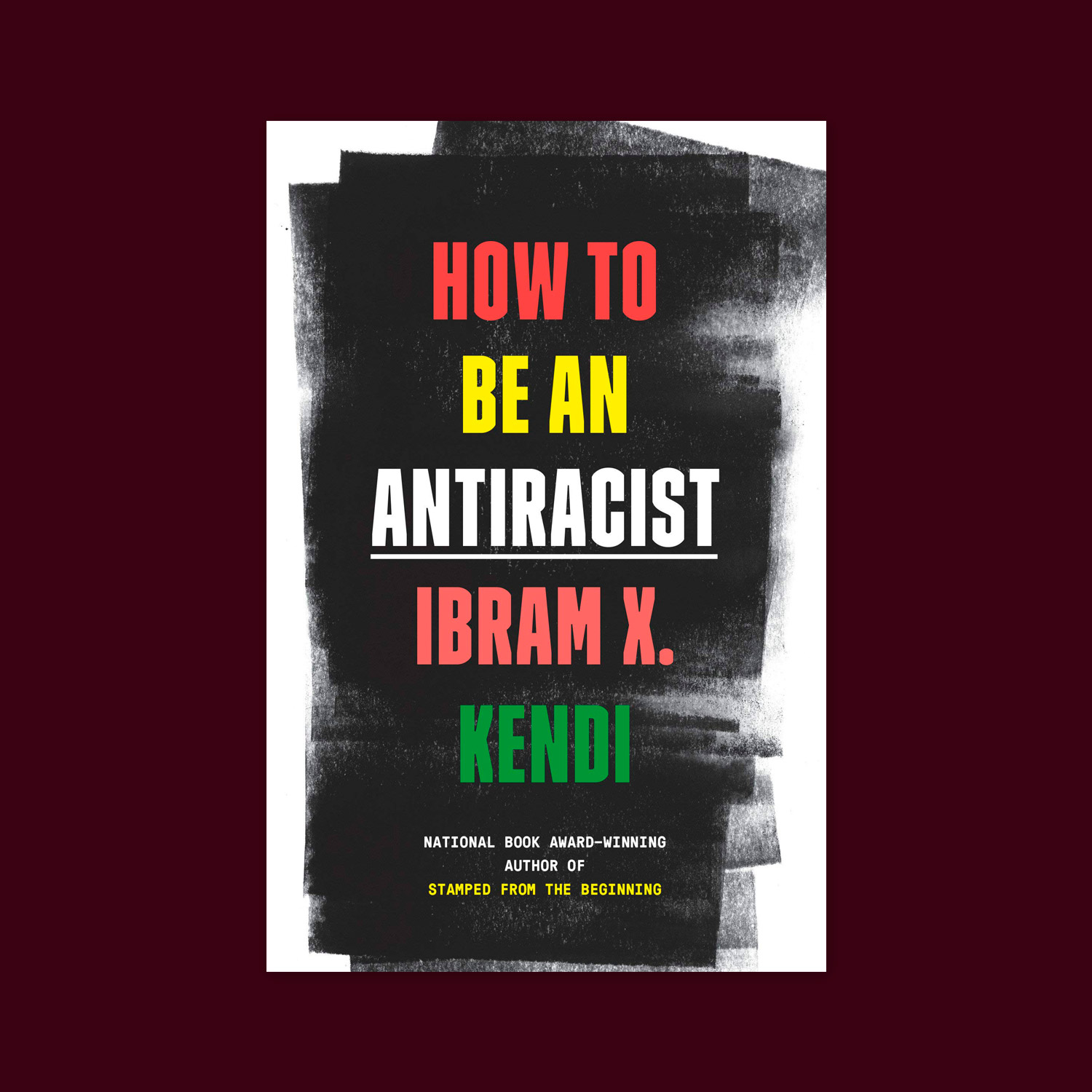
There is no such thing as a “not racist” idea, policy or person, only a racist or an anti-racist one, Ibram X. Kendi wrote in a recent column for the Guardian, and being one or the other “is not who we are, but what we are doing in the moment.” In his groundbreaking new work, Kendi dissects why in a society where so few people consider themselves to be racist the divisions and inequalities of racism remain so prevalent. How to Be an Antiracist punctures the myths of a post-racial America, examining what racism really is — and what we should do about it.
Everything Inside: Stories, Edwidge Danticat (August 27)

A man reflects on his life as he falls in slow motion to his death. An unexpected romance sparks between wounded friends. And the amicable end to a marriage has far-reaching consequences. Globally acclaimed author Edwidge Danticat probes both grand and intimate moments in her latest collection Everything Inside. In eight stories, Danticat takes readers to locales including the city of her birth, Port-au Prince, Haiti, as well as an unnamed Caribbean island and Miami.
The Girl Who Lived Twice: A Lisbeth Salander Novel, David Lagercrantz (August 27)
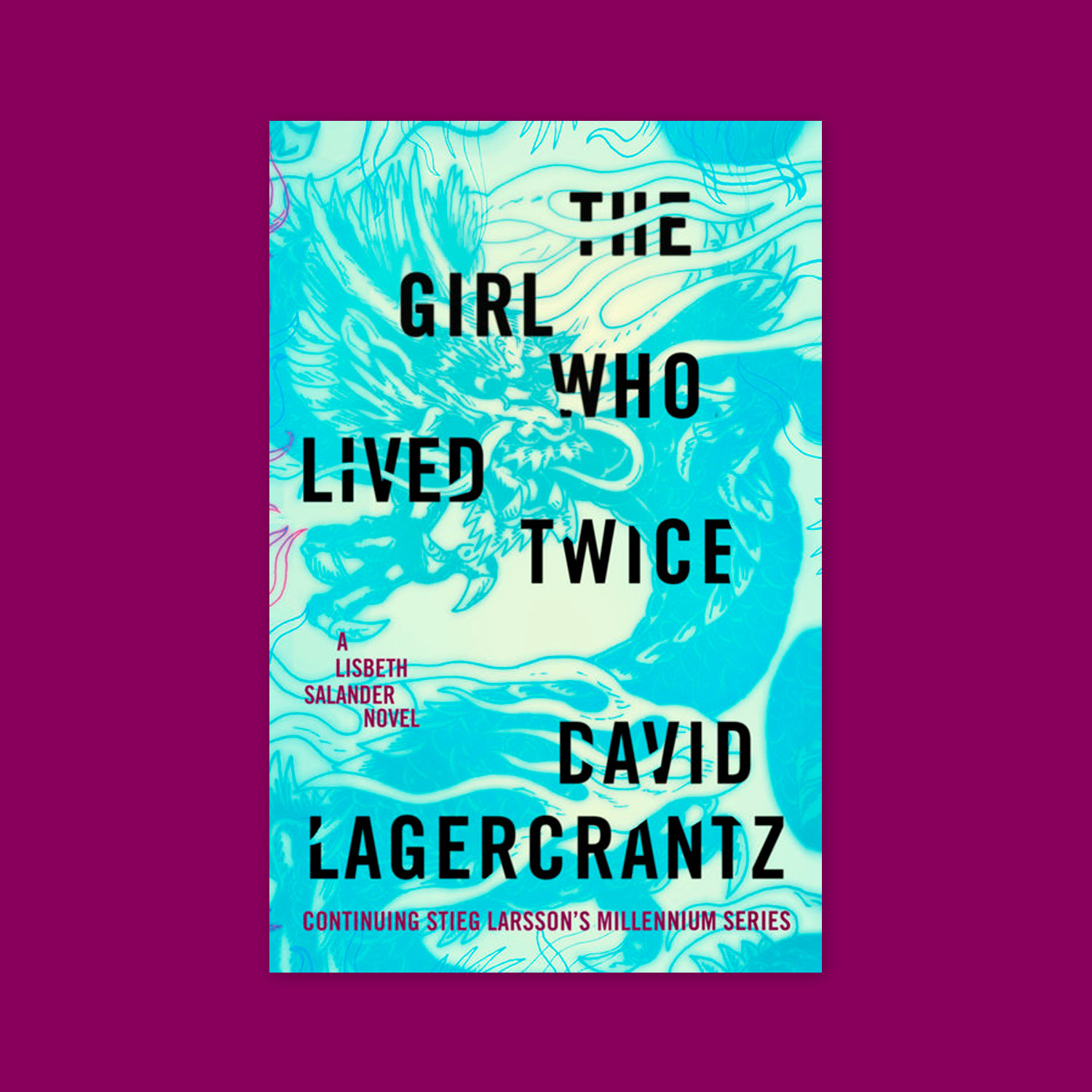
In the sixth installment of the Swedish-noir series featuring hacker heroine Lisbeth Salander, David Lagercrantz faithfully continues the spirit of the late Stieg Larsson, who began the Millennium trilogy with The Girl with the Dragon Tattoo. This time around, the Beretta-toting Salander resolves to be the “hunter, not the hunted” in a quest for revenge and atonement that plumbs the depths of Russian troll factories and scales the heights of Mount Everest.
Correction, May 30
The original version of this story misstated the last name of author Tope Folarin. It is Folarin, not Falerin.
More Must-Reads from TIME
- Donald Trump Is TIME's 2024 Person of the Year
- Why We Chose Trump as Person of the Year
- Is Intermittent Fasting Good or Bad for You?
- The 100 Must-Read Books of 2024
- The 20 Best Christmas TV Episodes
- Column: If Optimism Feels Ridiculous Now, Try Hope
- The Future of Climate Action Is Trade Policy
- Merle Bombardieri Is Helping People Make the Baby Decision
Write to Annabel Gutterman at annabel.gutterman@time.com and Joseph Hincks at joseph.hincks@time.com